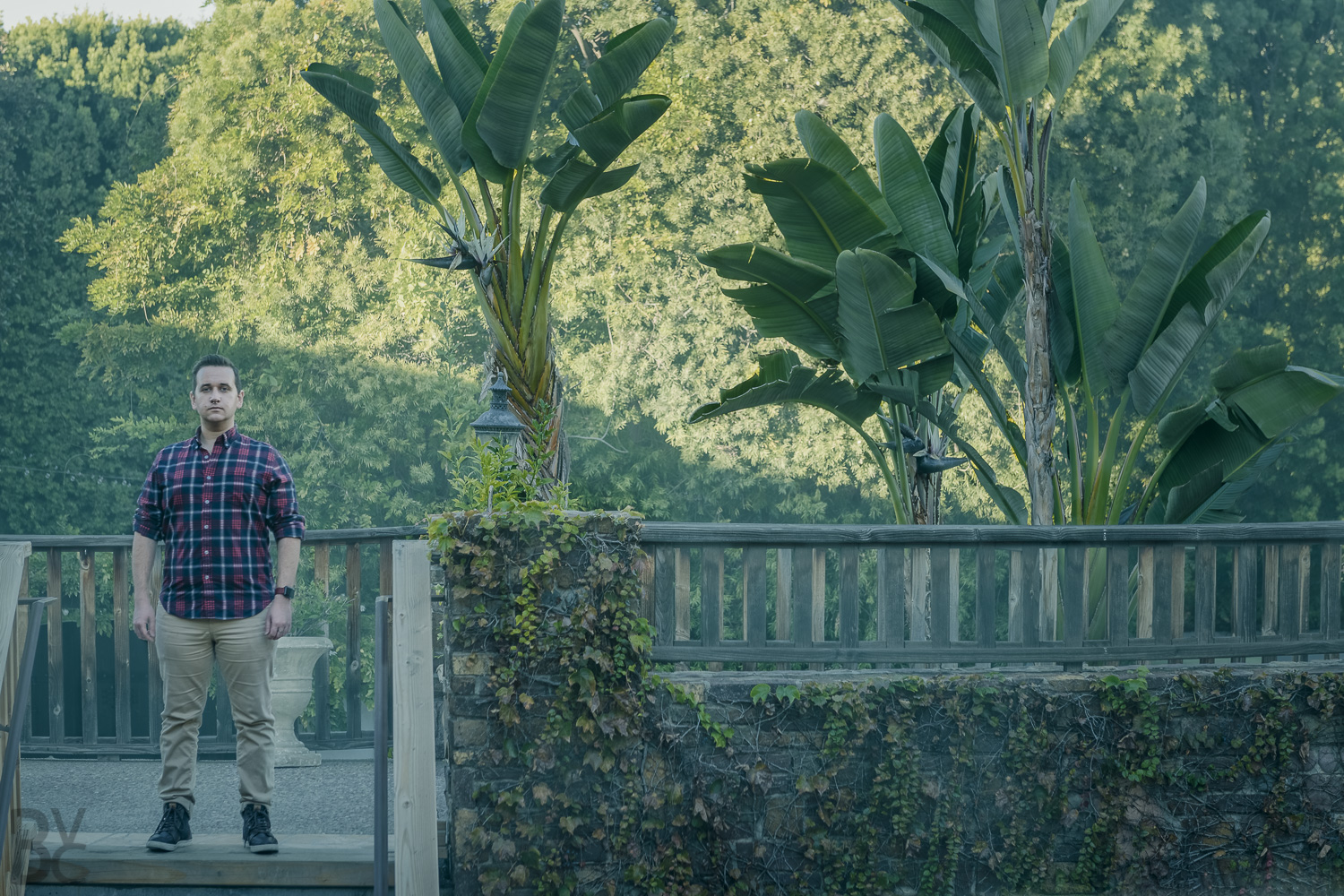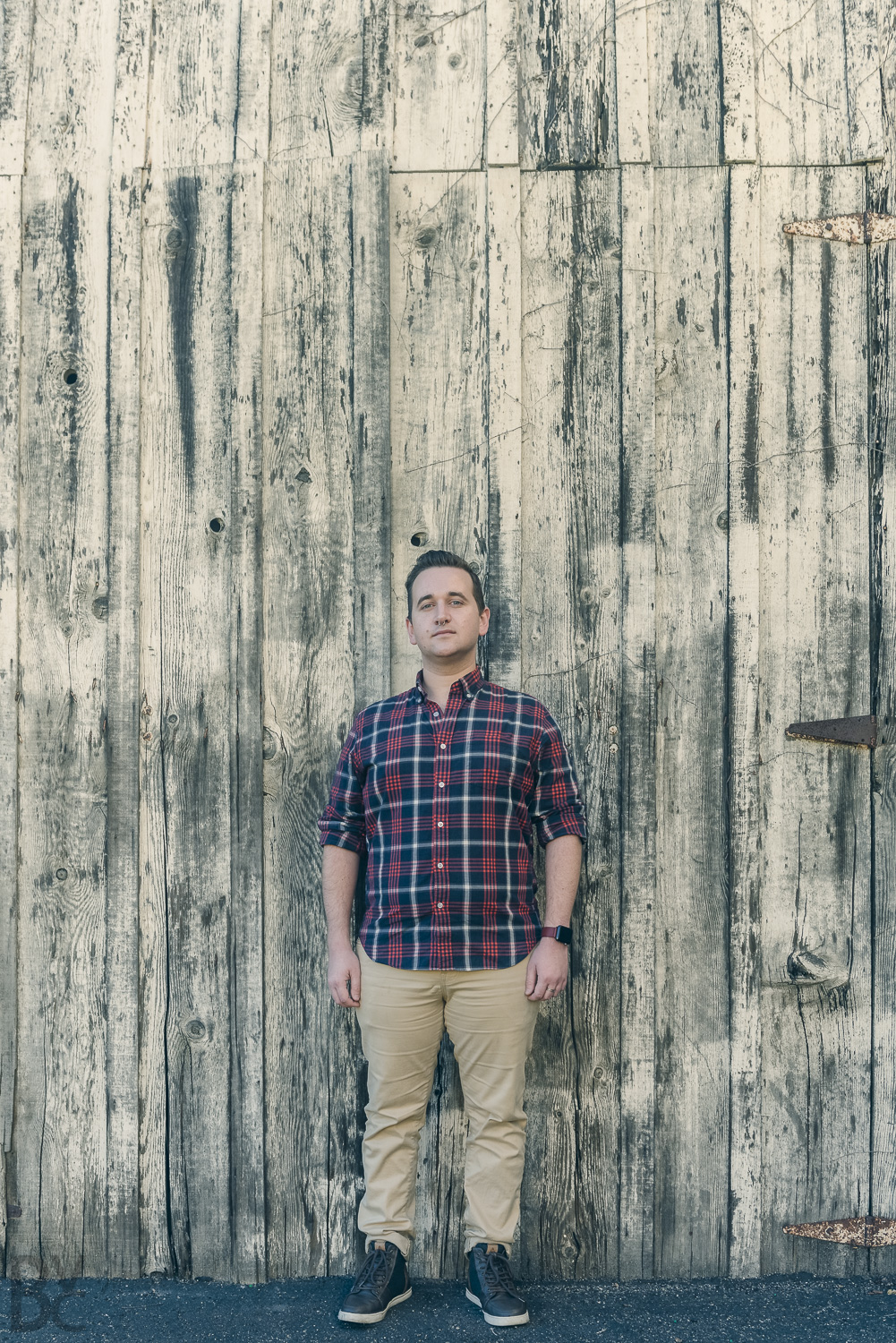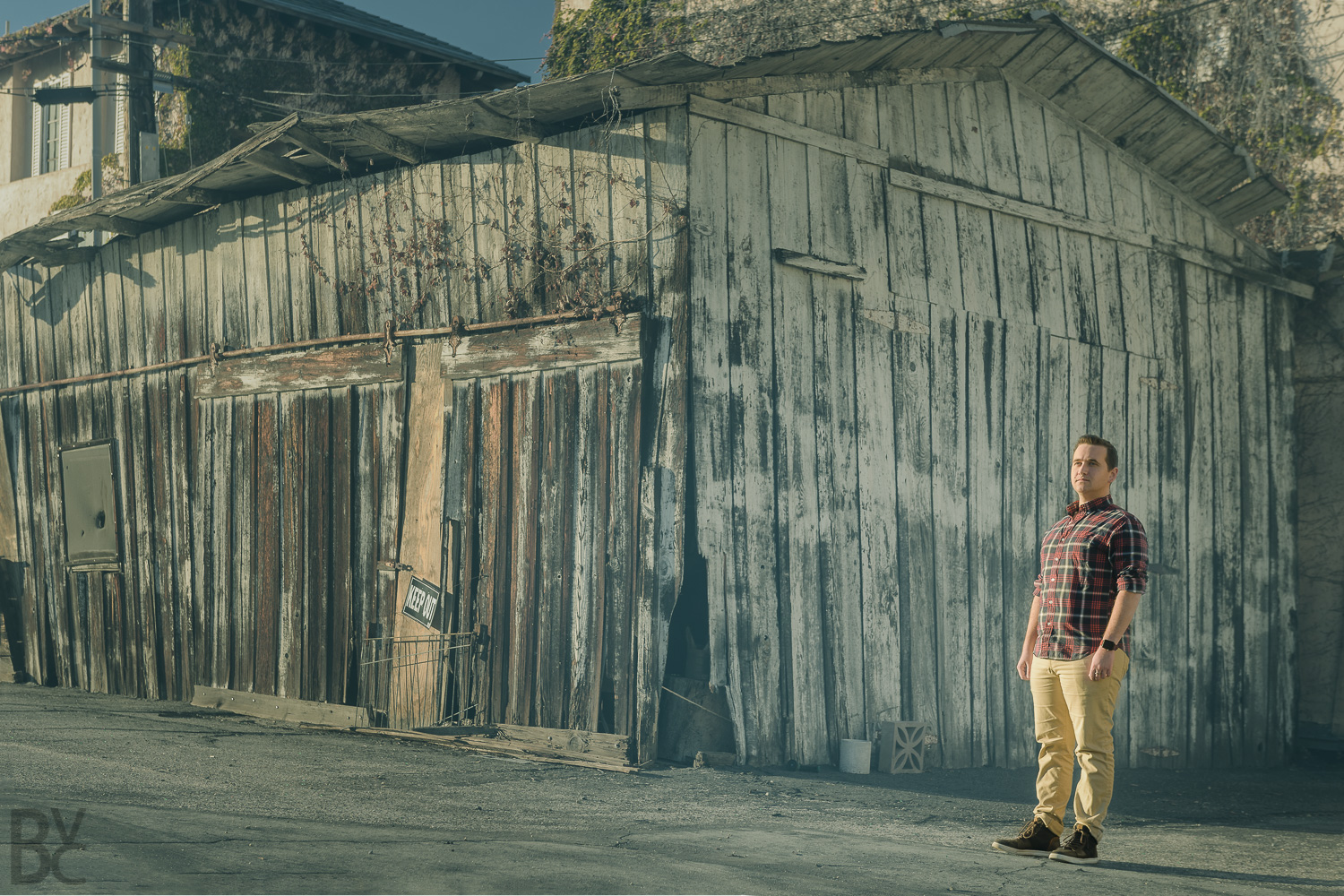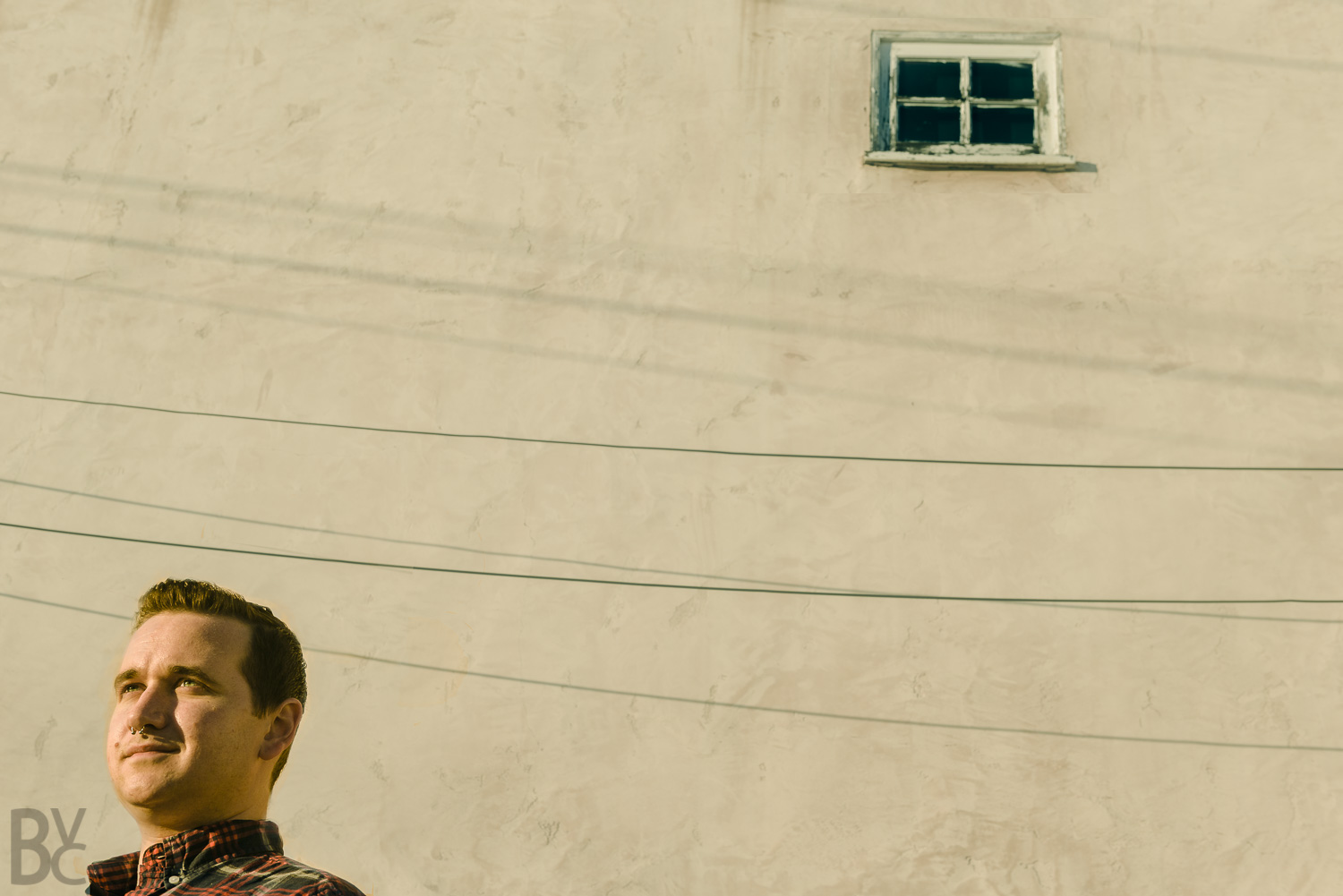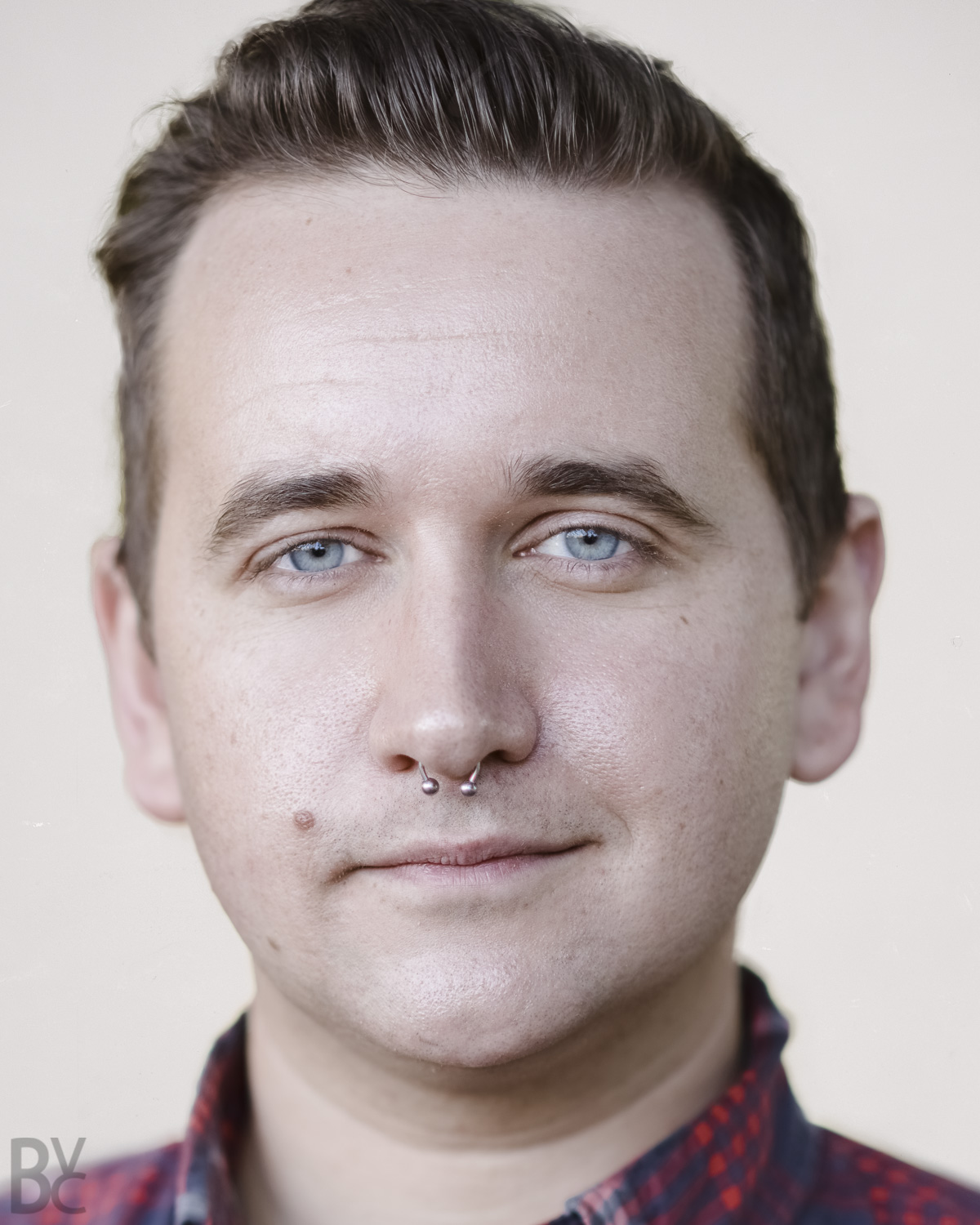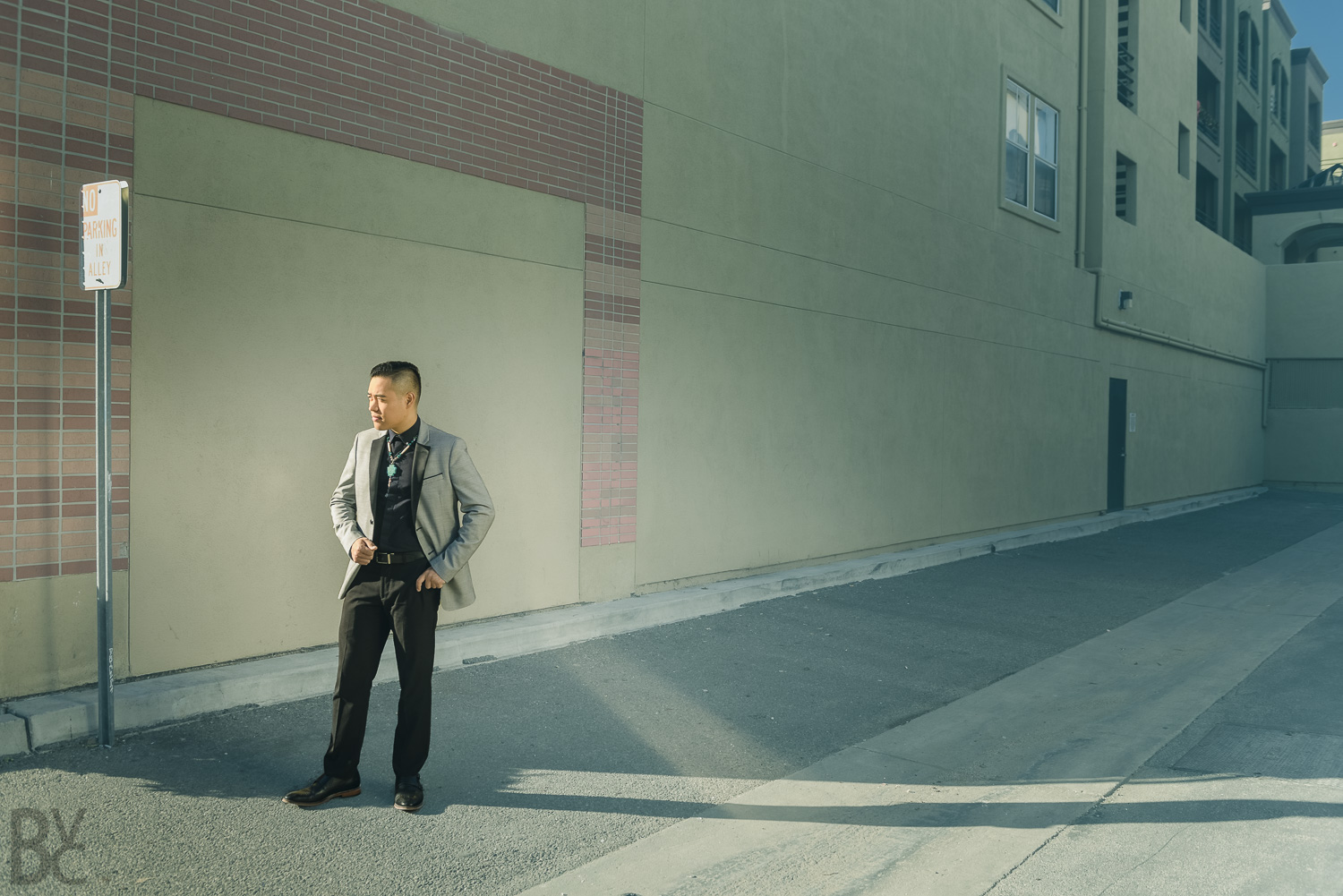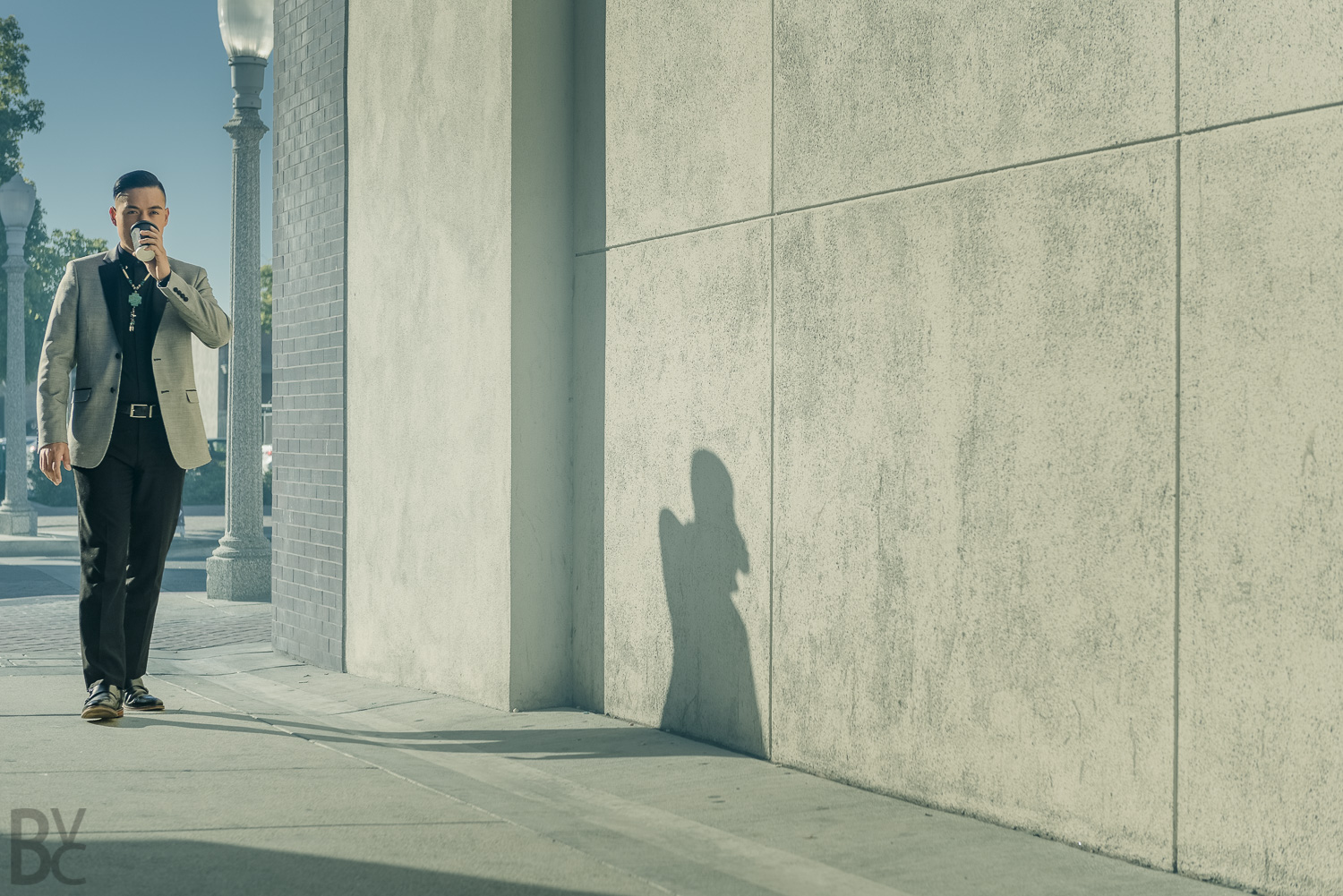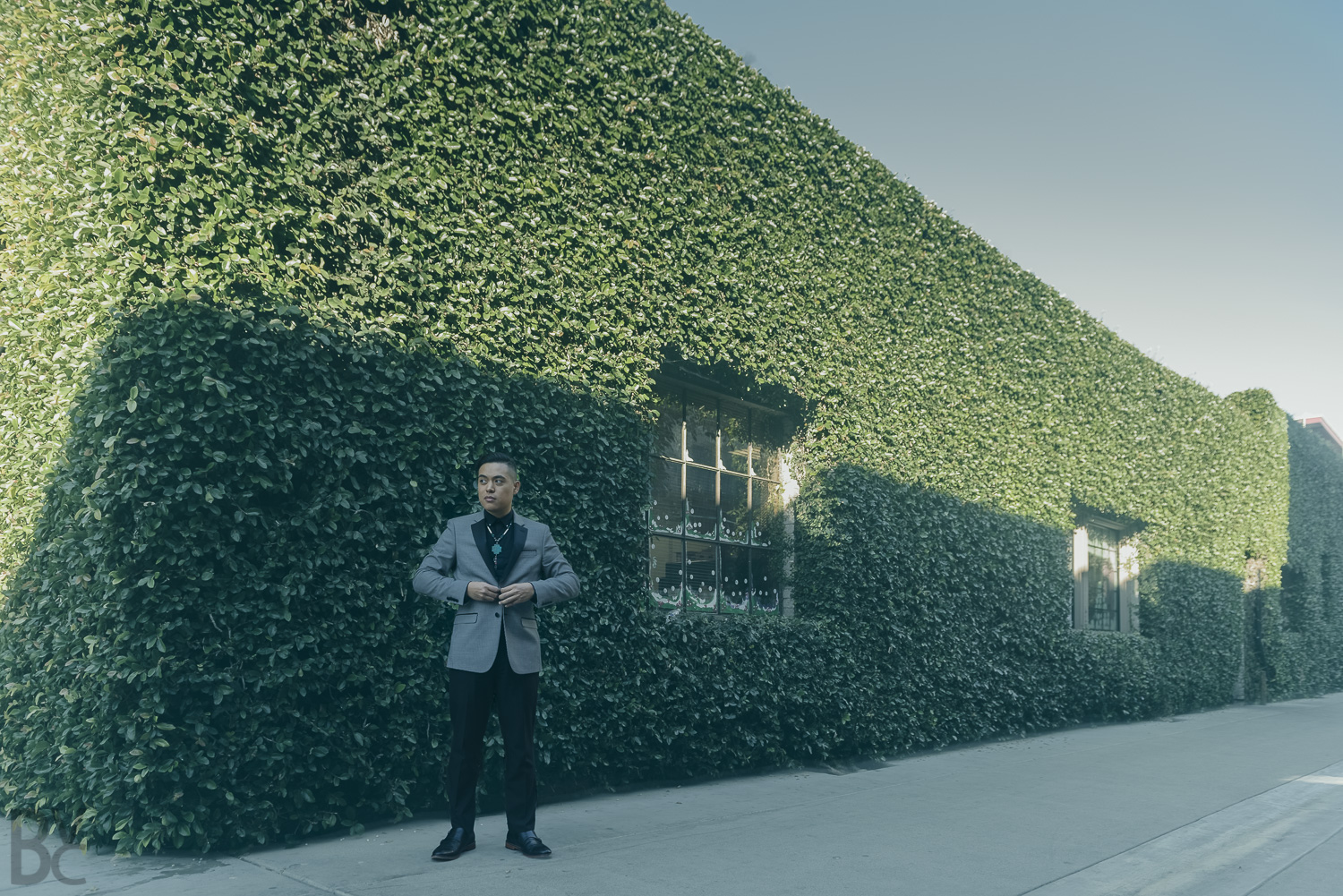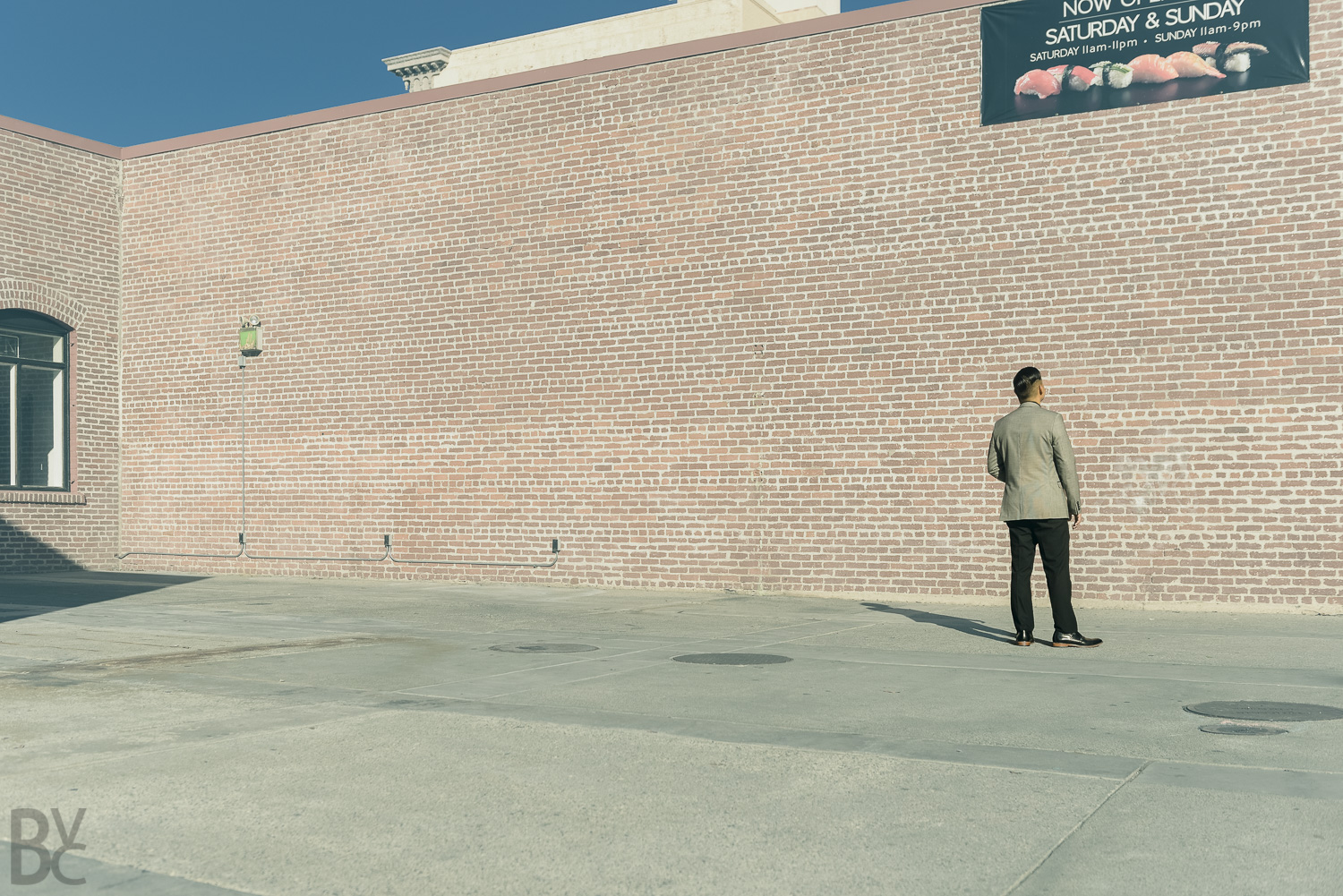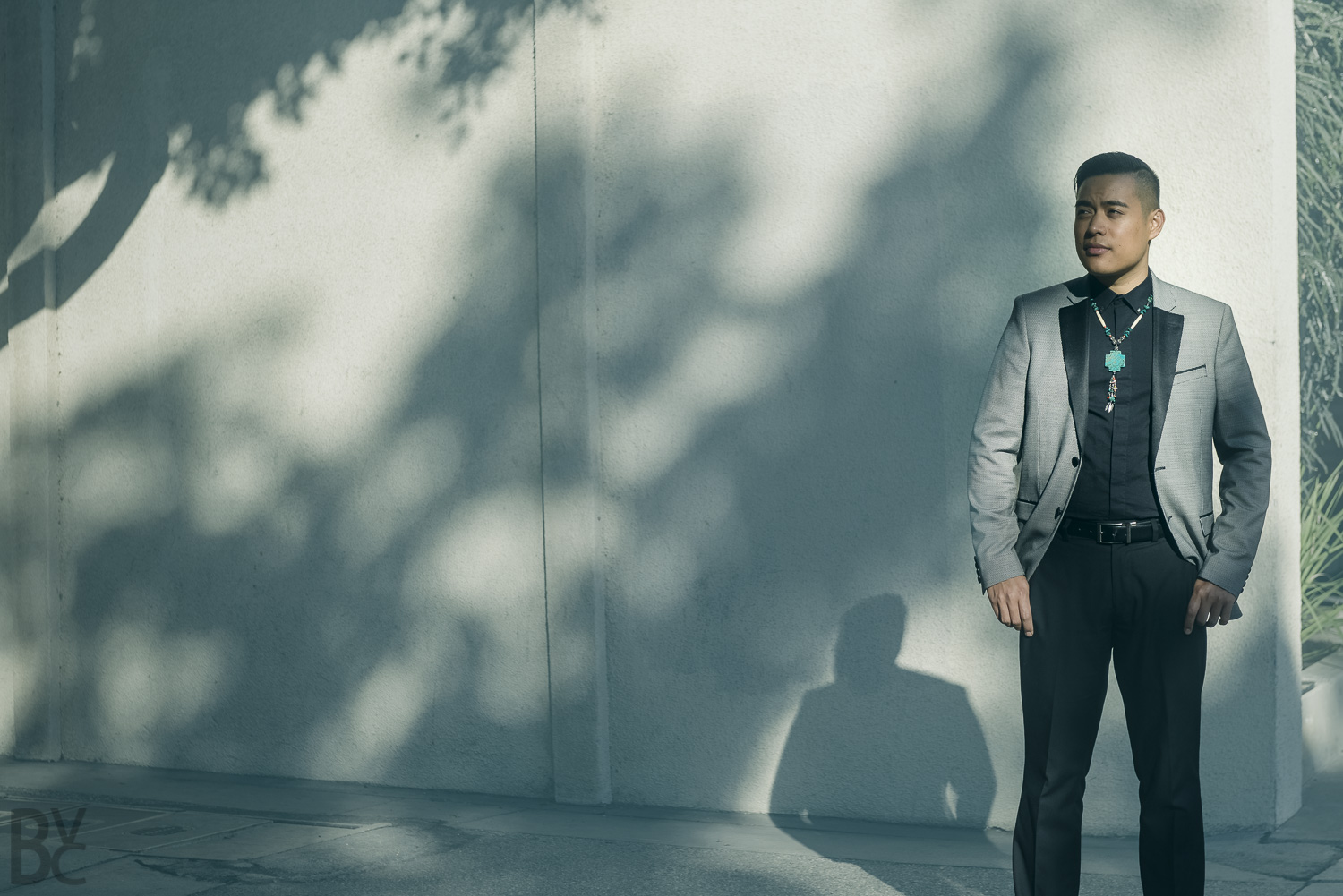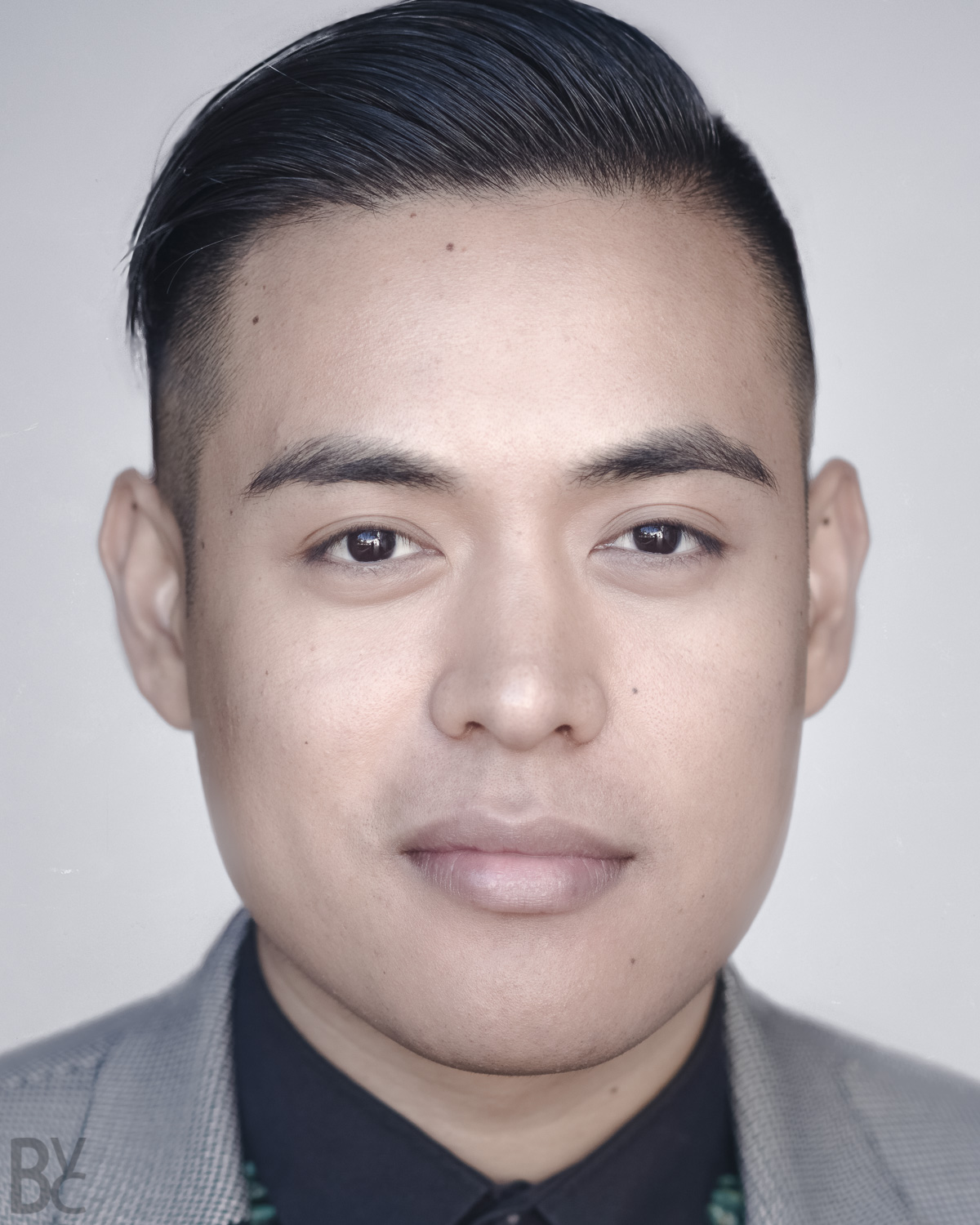Dannie C.
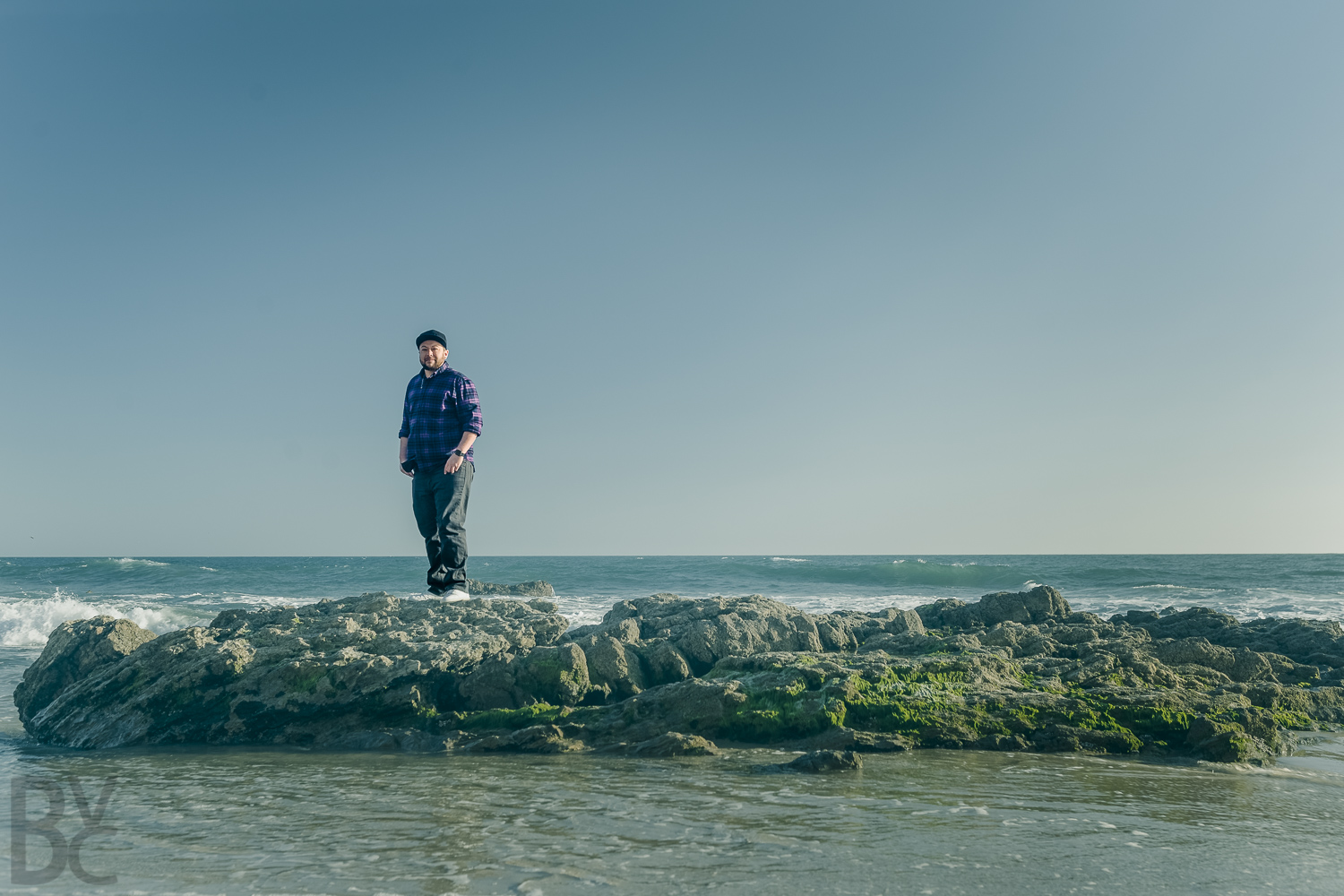
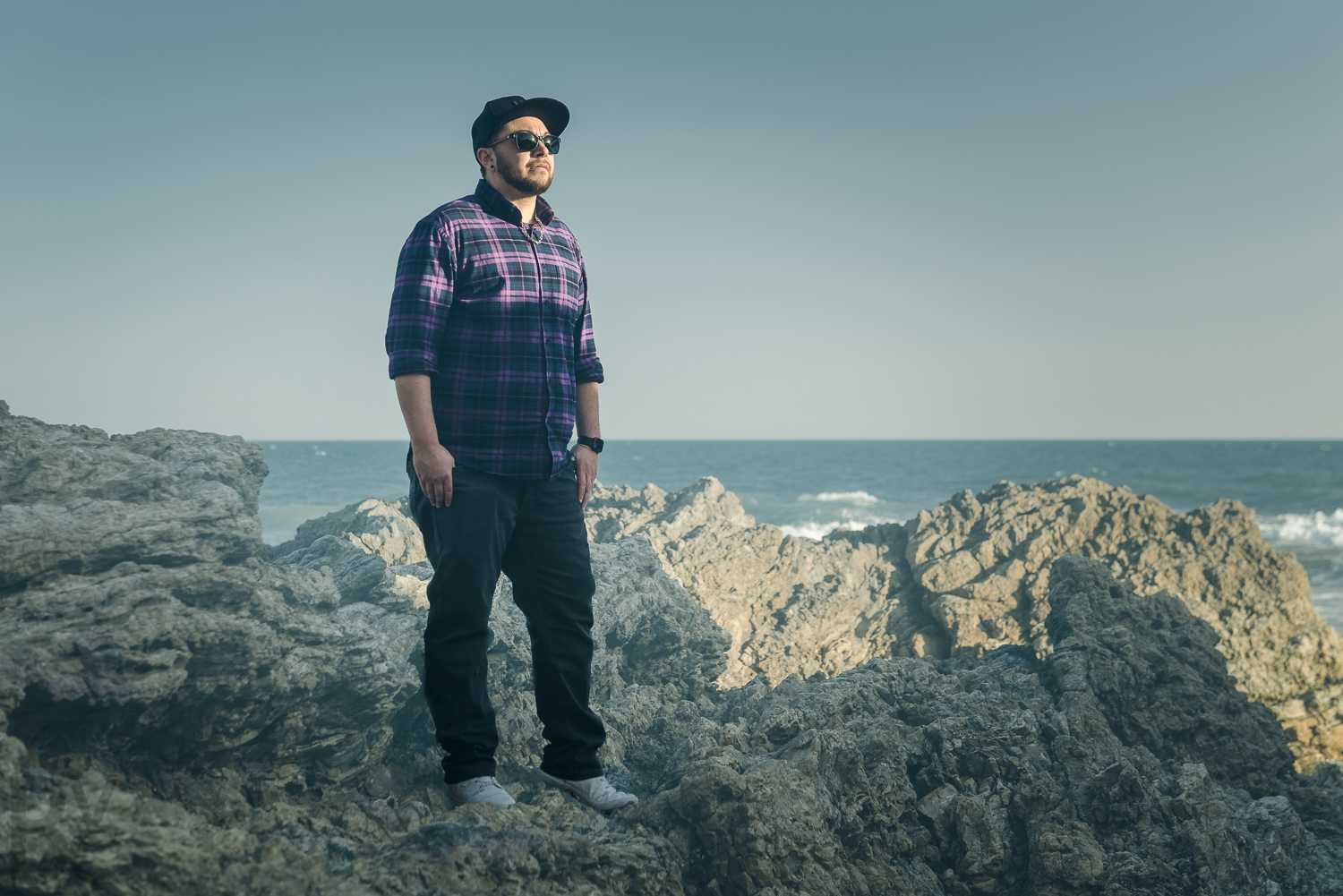
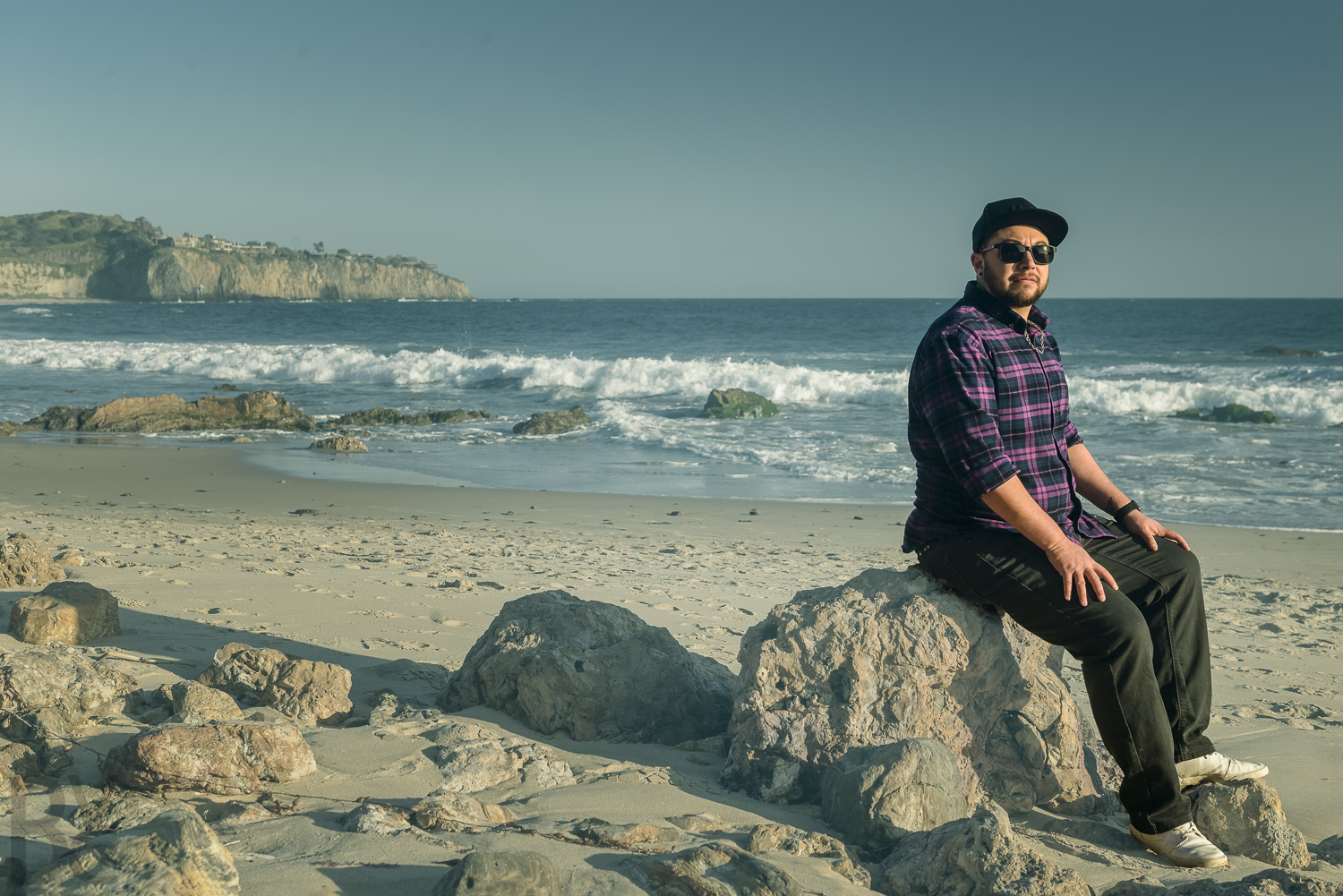
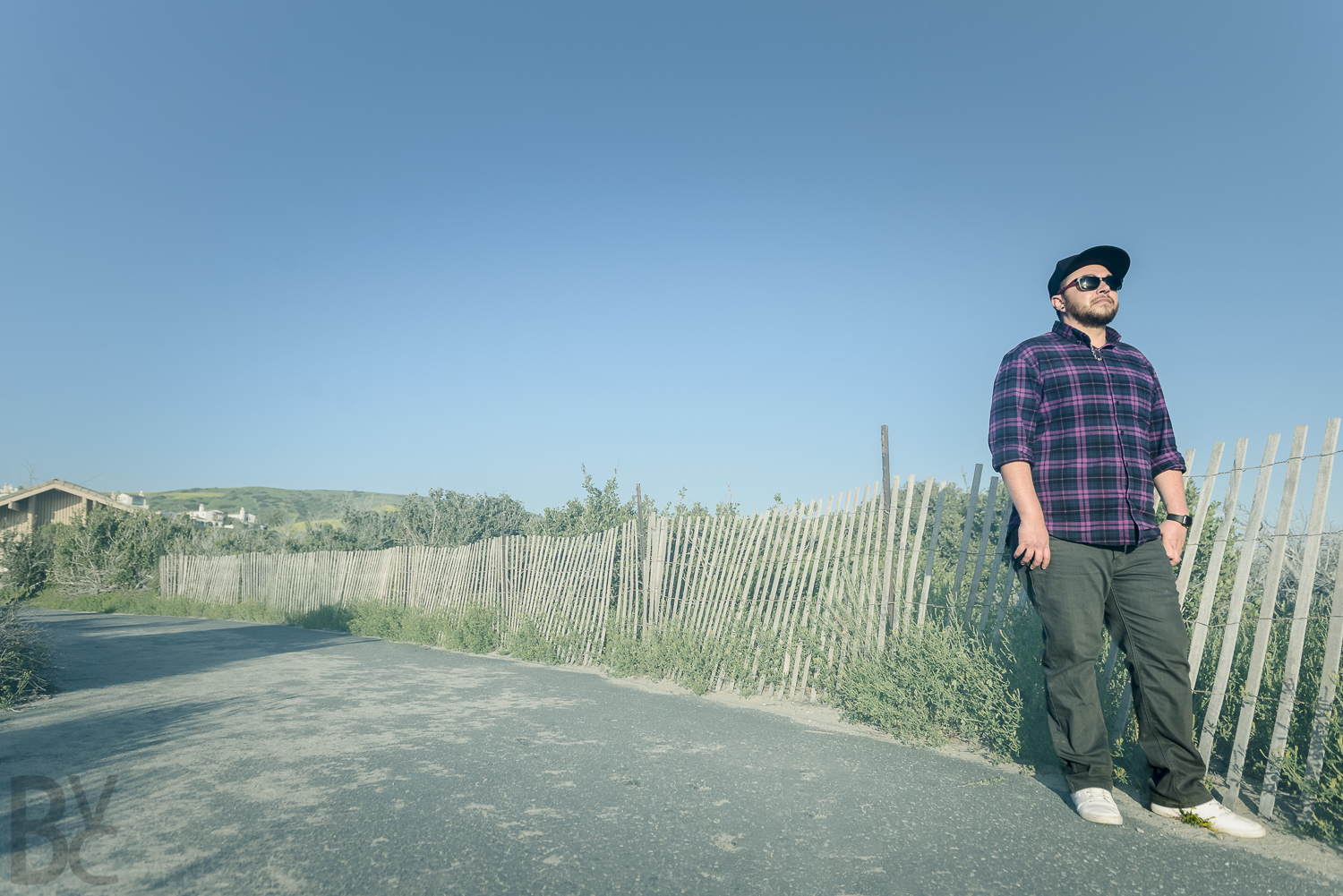
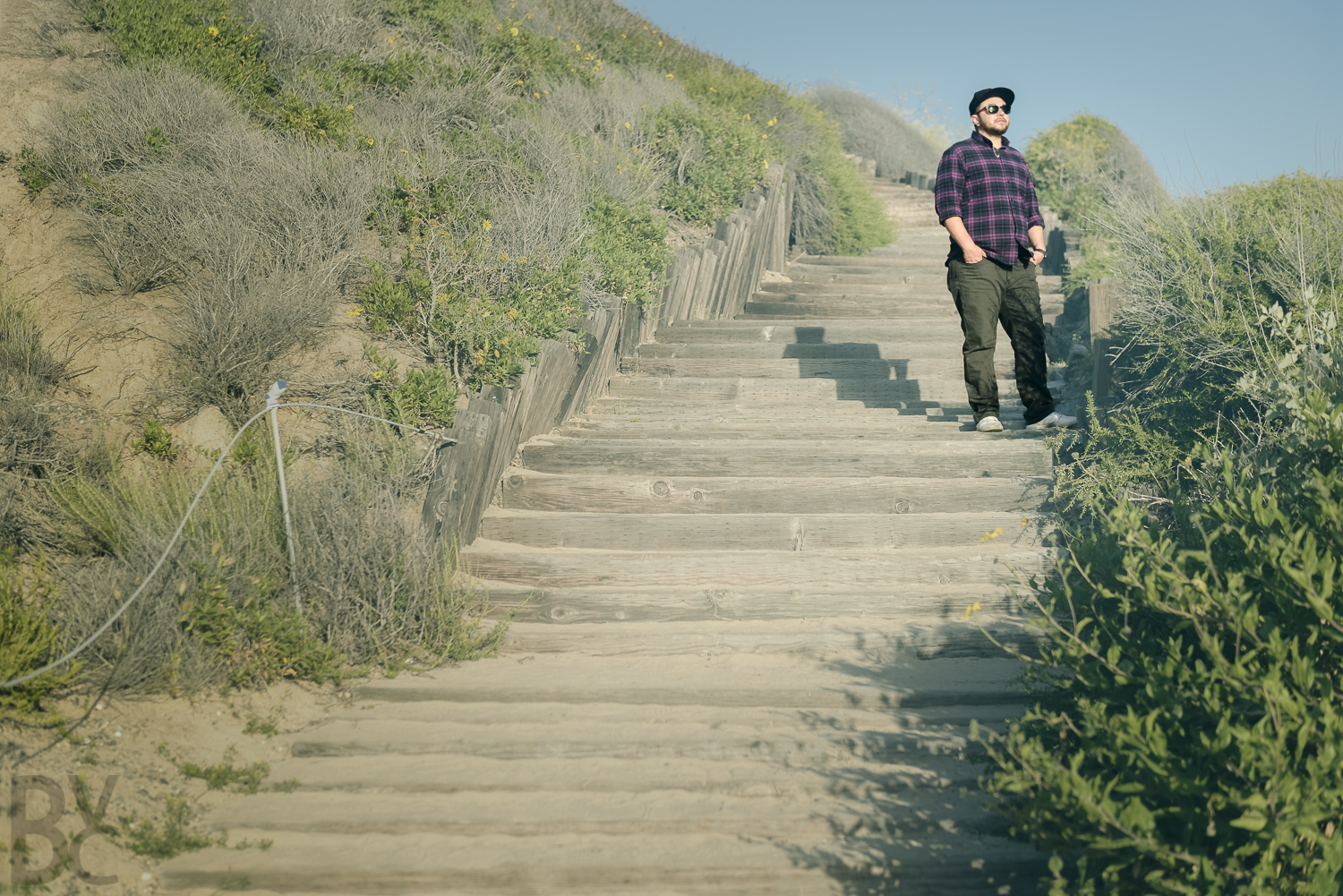
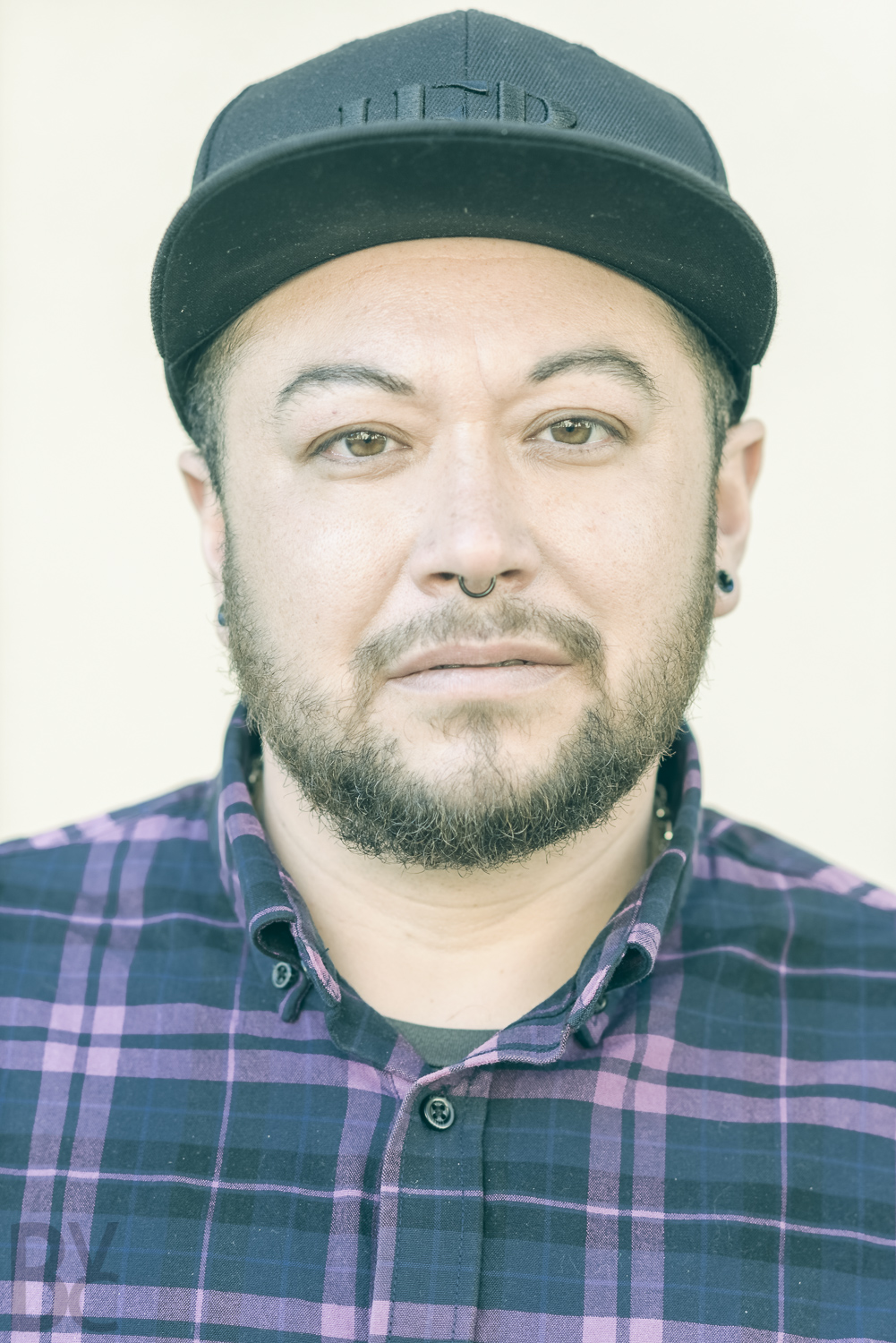






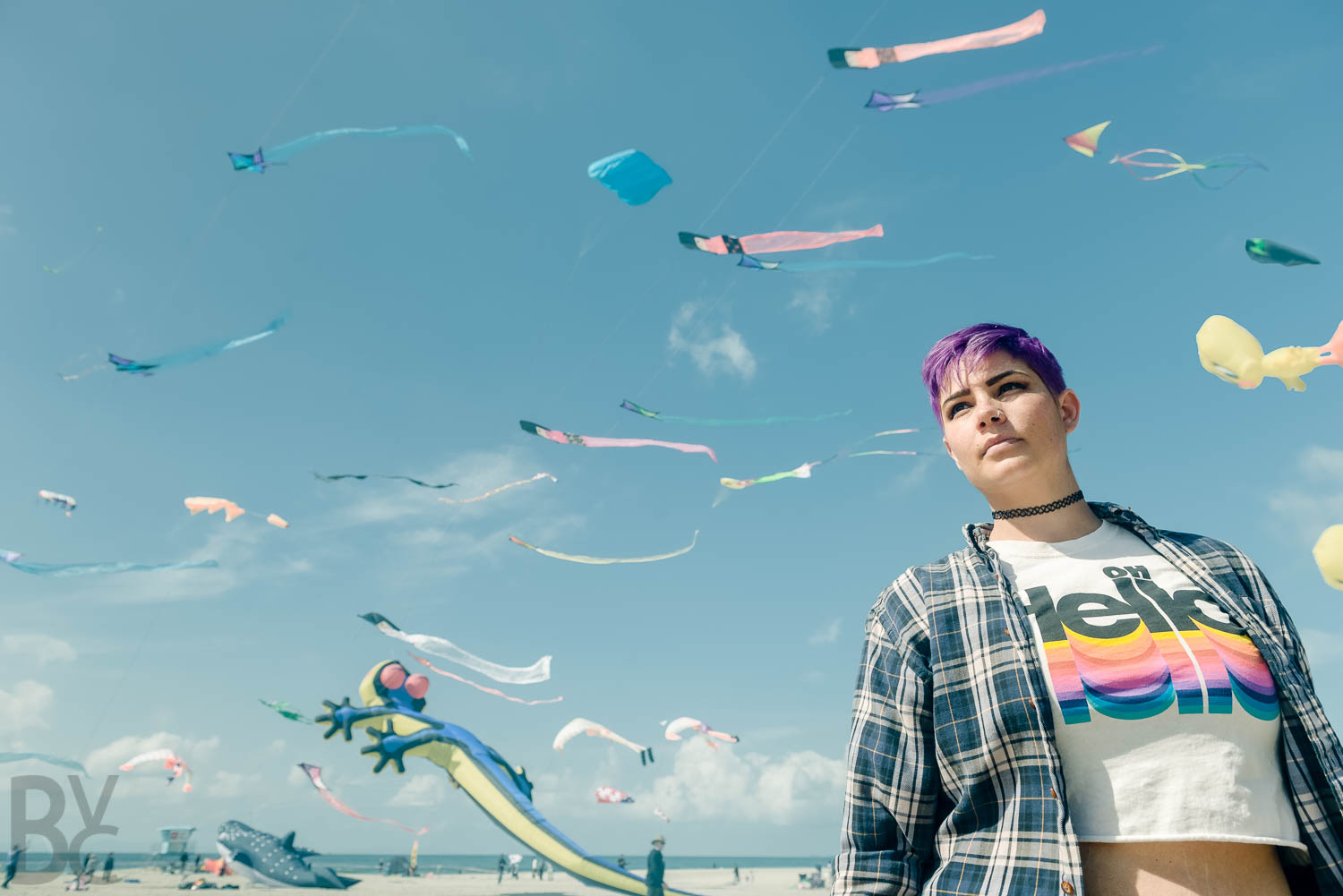
That’s not how I felt as a high school student. I came out when I was fifteen only to jump immediately back into the closet when I met with unfriendly peers and a lot of outright hostility. For a long time, it was much easier to date boys and not think too hard about the rest of my identity. It was years before I examined who I was again.
When I came back to high school, this time as a teacher, I had to make a choice about who I was going to be for my students. I was asked to be the staff advisor for the Queer Student Alliance, and at the very first meeting, I had to decide whether or not I was ready to be honest with students who were trusting me within their community. I came out on that first day, and I’ll never forget how much it meant to them to see that someone they knew—an adult! a teacher!—understood part of what they were dealing with, what they were up against.
Since then, I’ve also become polyamorous. I’m married to my (male) high-school sweetheart, and I’ve been with my girlfriend, whom I love deeply, for almost a year. That brand of visibility has been harder for me, but I’m learning to be more open about that part of my life as well. My students deserve to know my most authentic self and can only benefit from understanding the rich diversity of the world in which they live.
Visibility is part of my identity now in a way I could never have anticipated as a teenager. It’s part of my teaching. I come out to all of my students in October on National Coming Out Day, I speak at LGBTQ+ educational events, I offer a safe space on my campus for queer students, and it’s part of how I conduct myself in every part of my life.
It hasn’t been easy. I’ve taken up overt LGBTQ+ advocacy work at my school and in my district, and in deeply conservative south Orange County not everyone is enthusiastic about change. There have been discouraging days where I felt that I could love my local community with all my heart, but that didn’t mean they would love me or my students back.
But for every bad day, there’s hope, rooted in the decision to be visible: a mother stopping her family to tell my girlfriend and I that we look cute together; a parent asking to borrow books from my classroom’s LGBTQ+ library so she can learn more about her transgender son; a student finding her way to my room because she heard it was safe to talk to me. These moments are what make visibility worth it, and to be counted among those visible in my community is something I value.
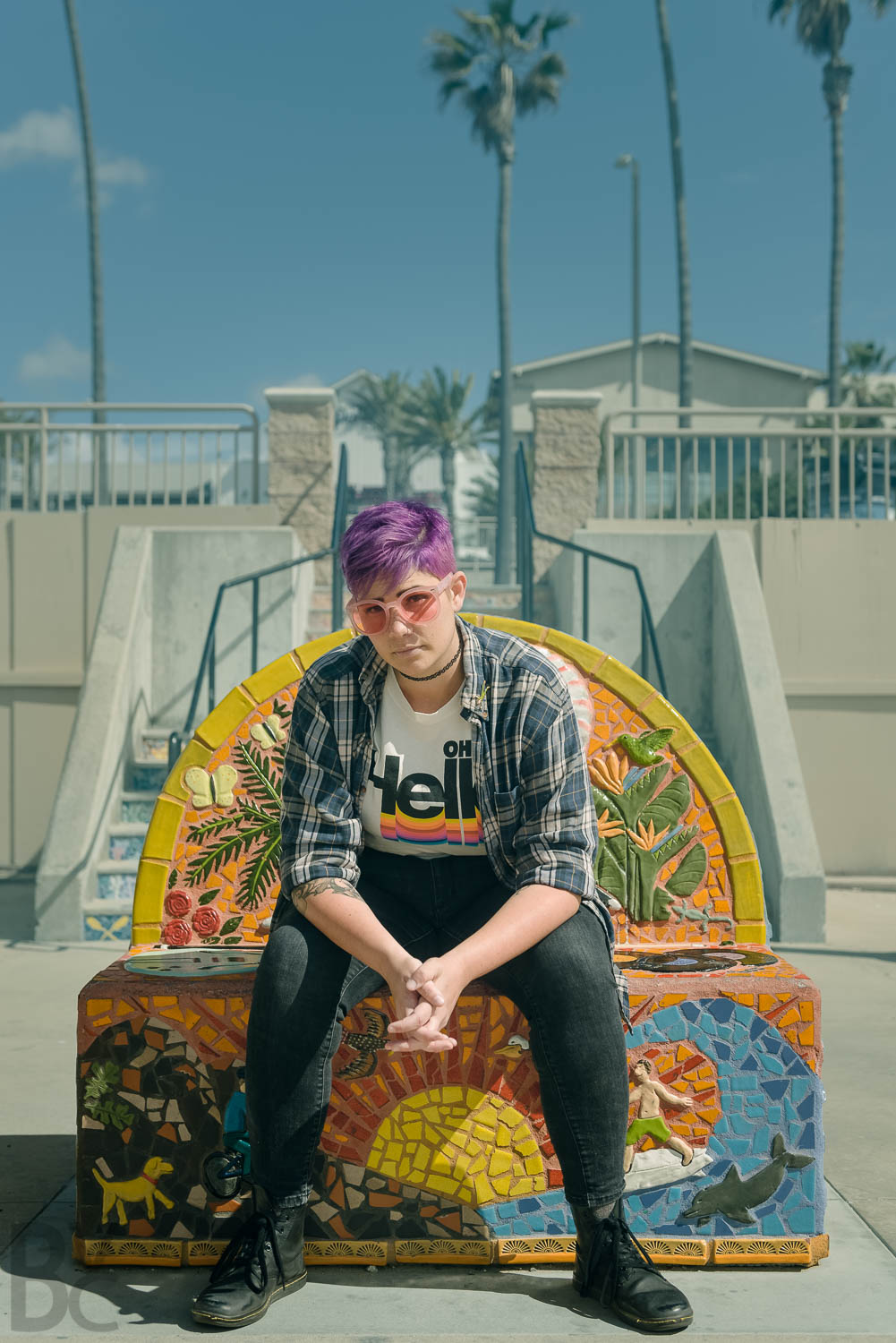
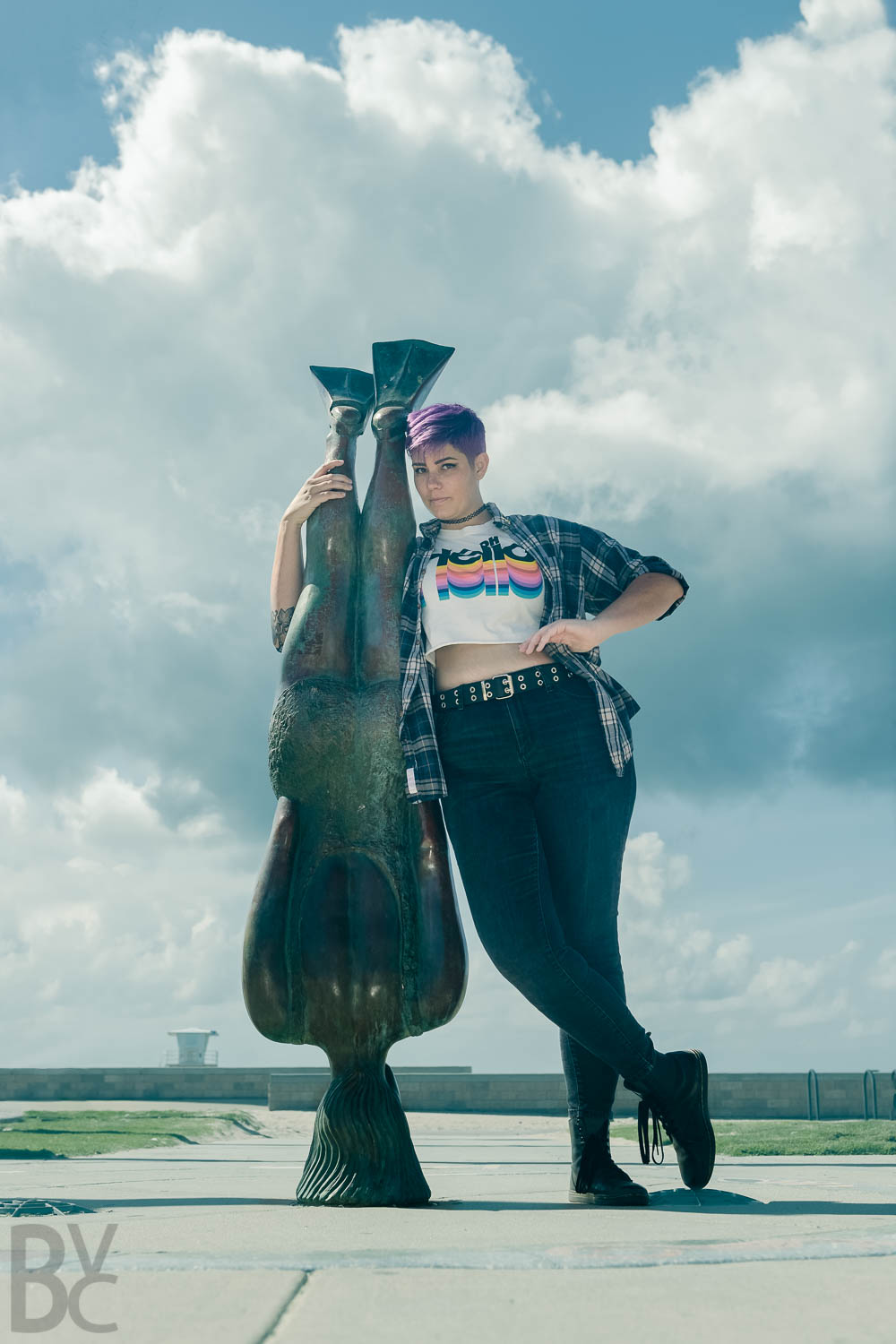
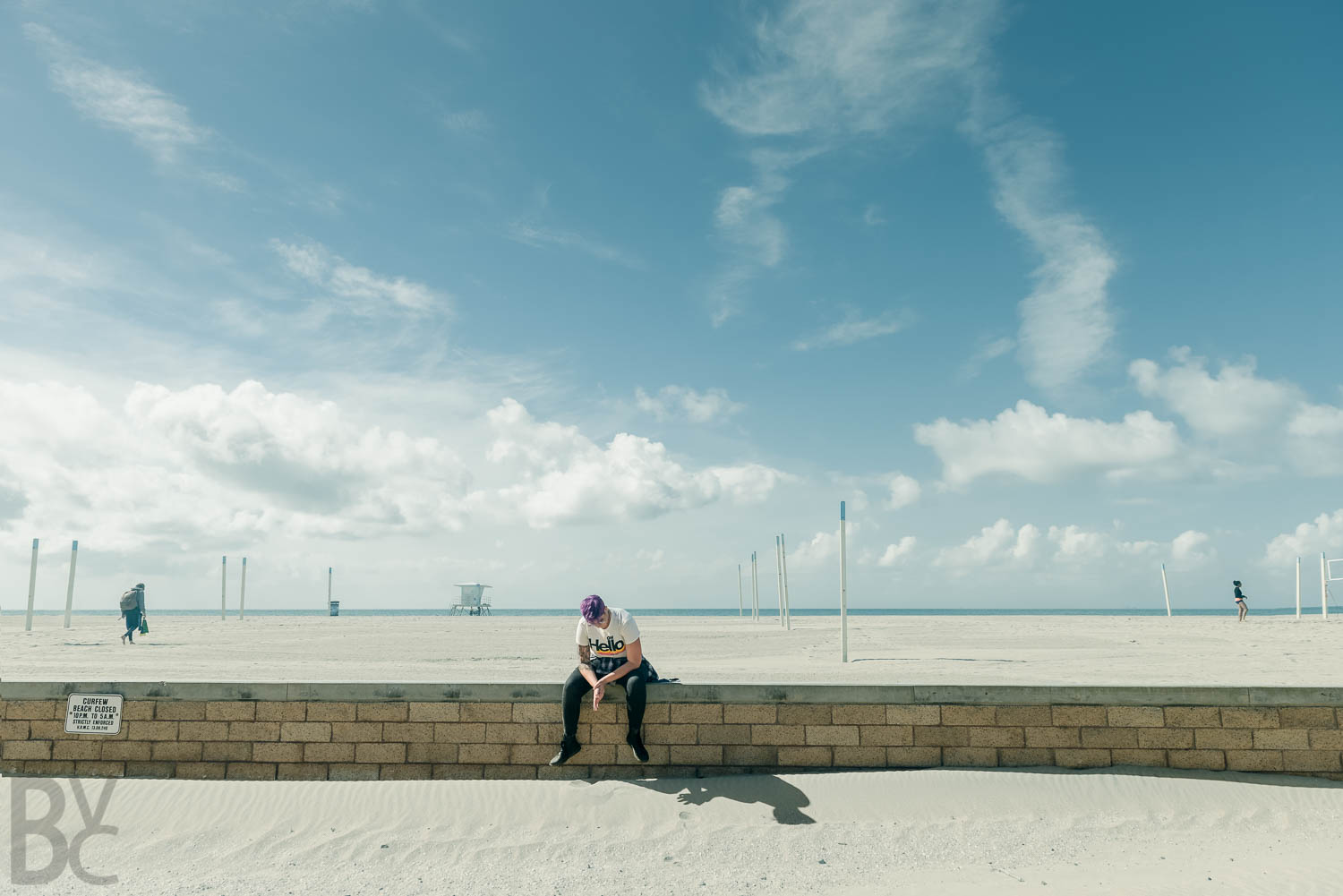
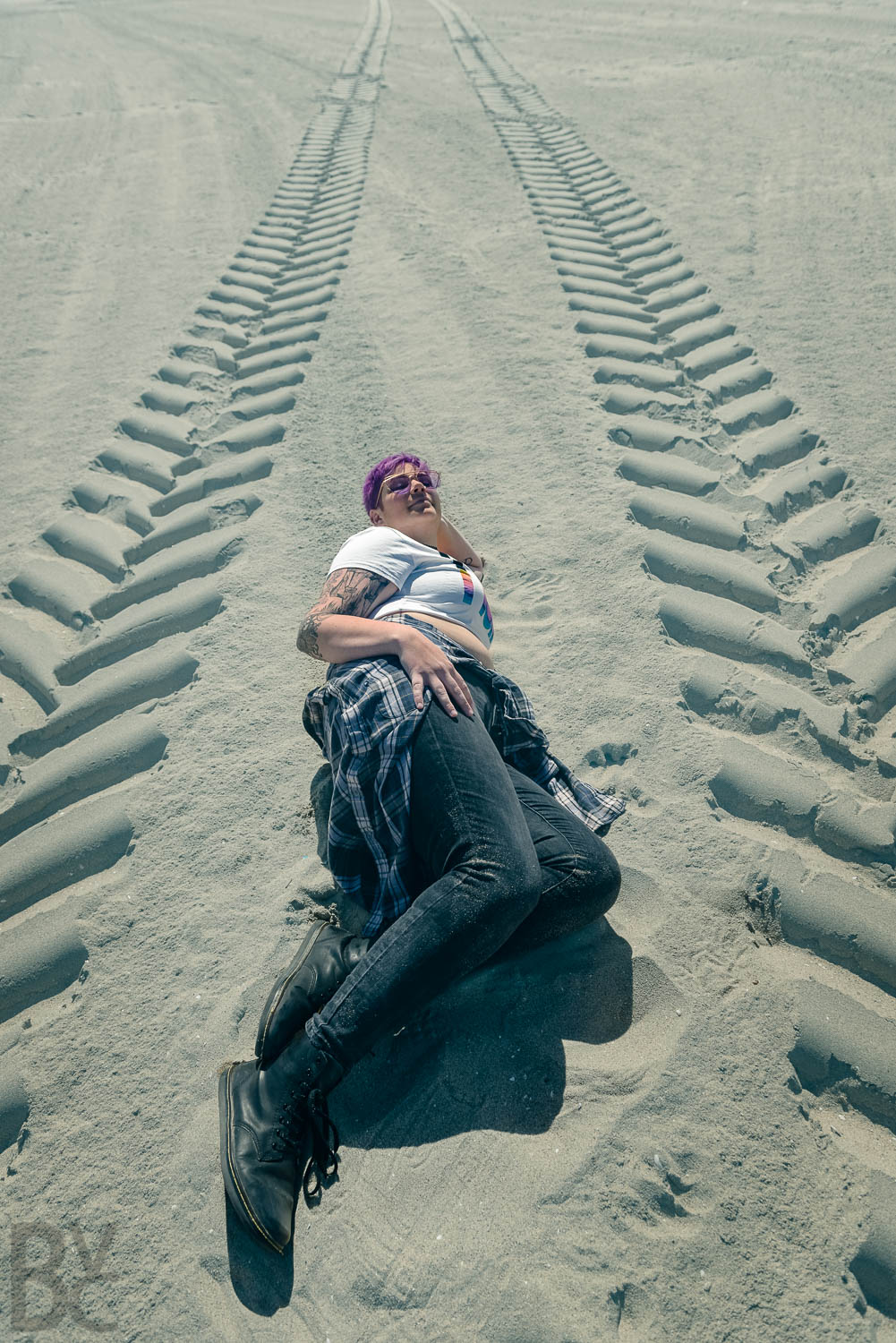
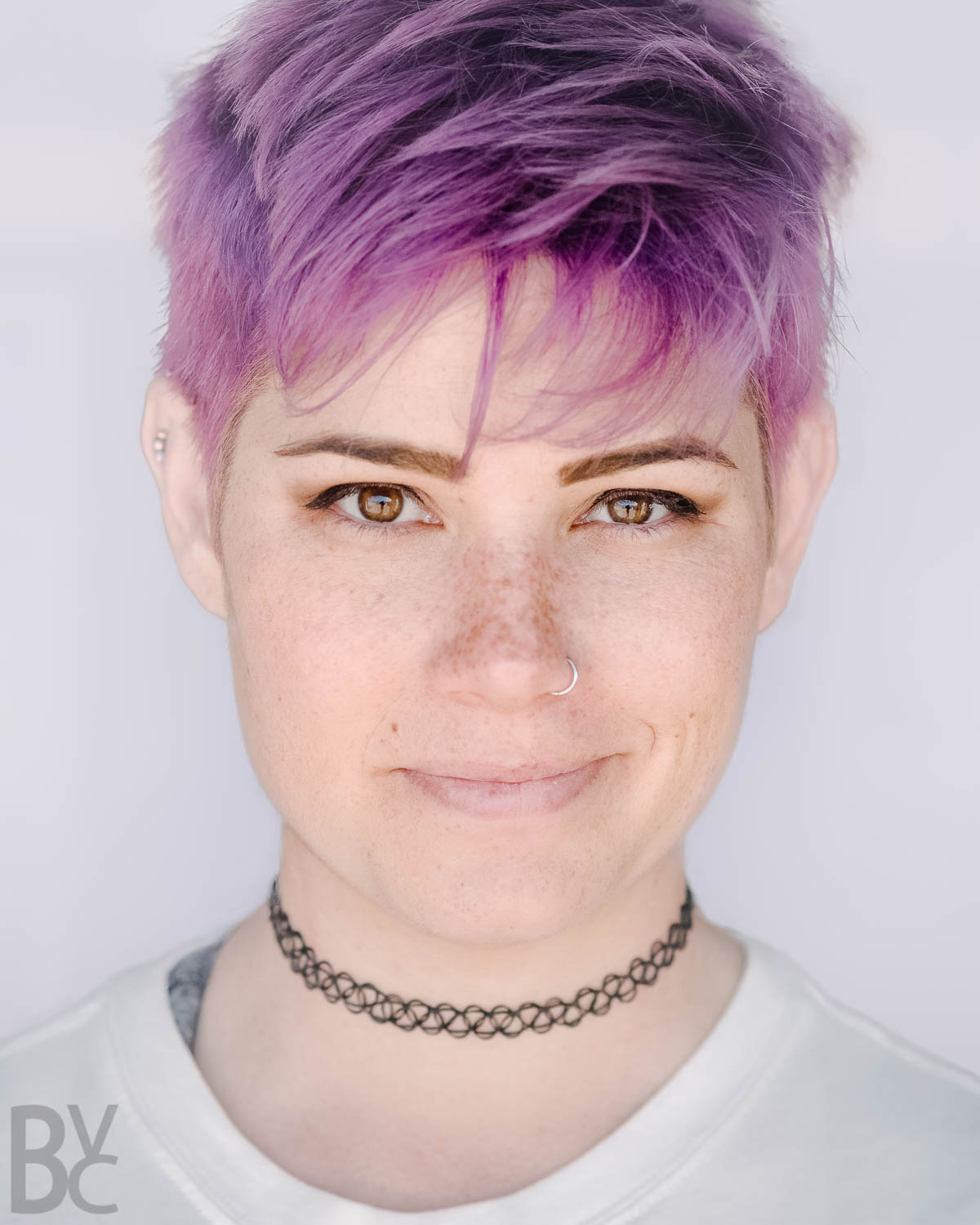
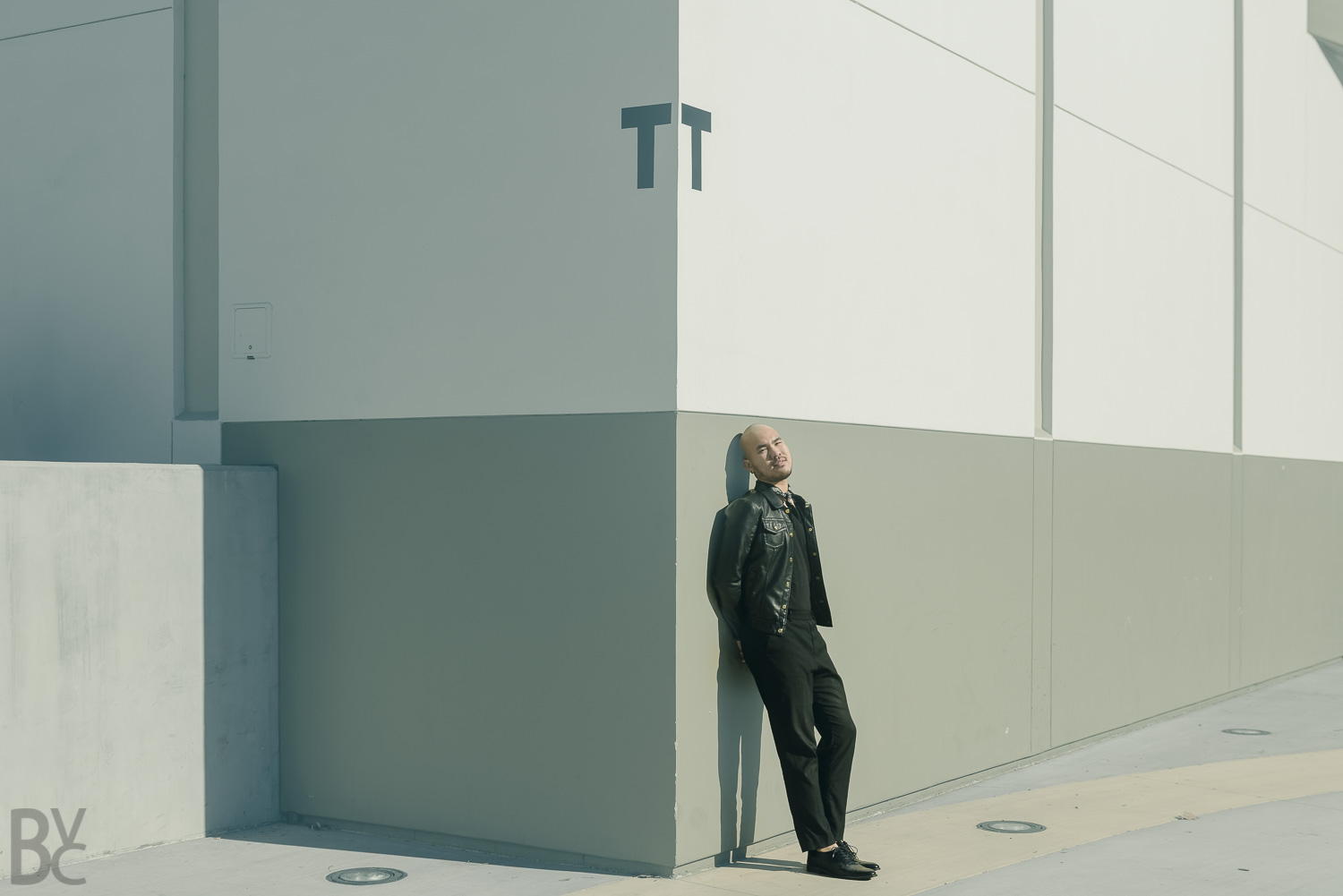
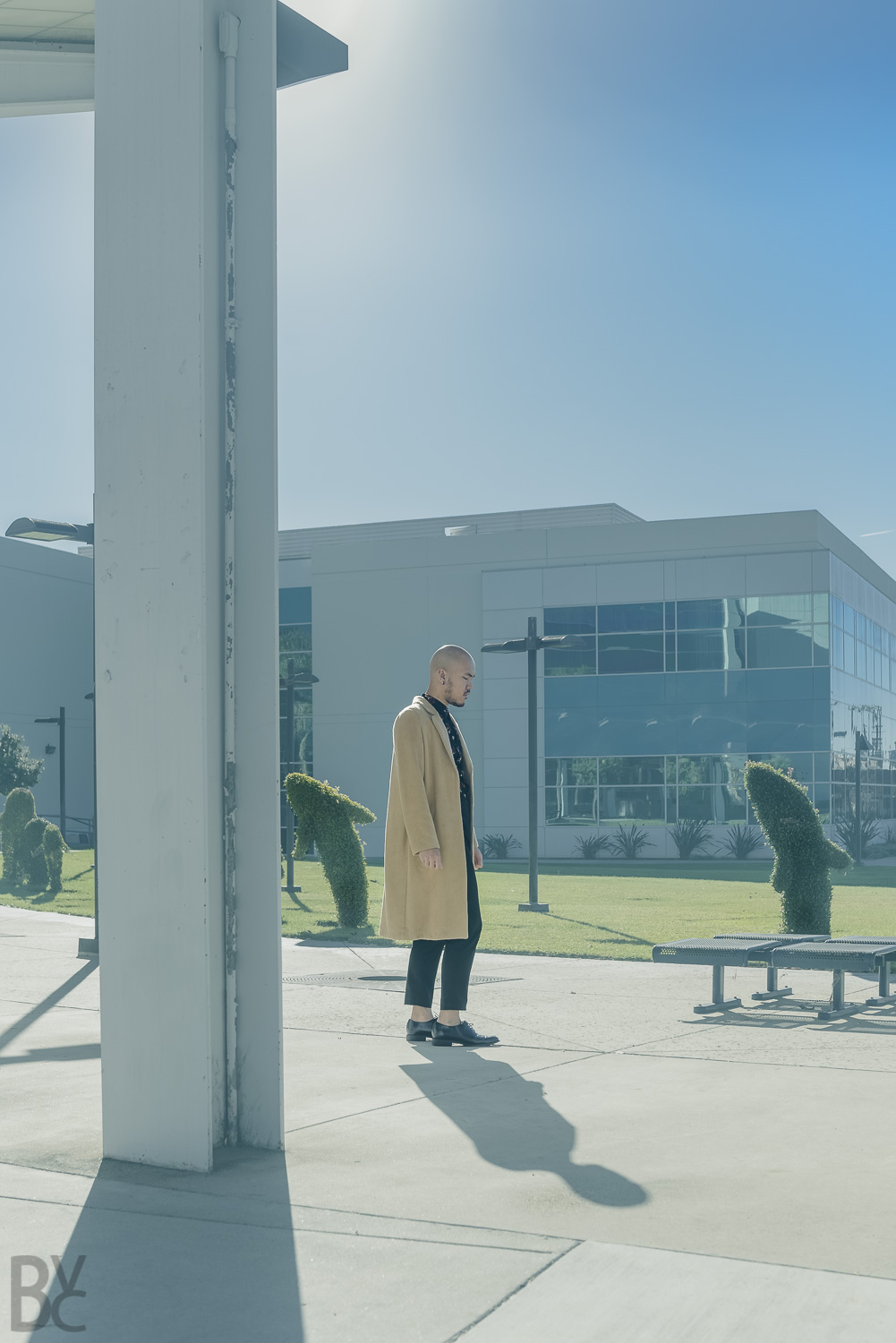
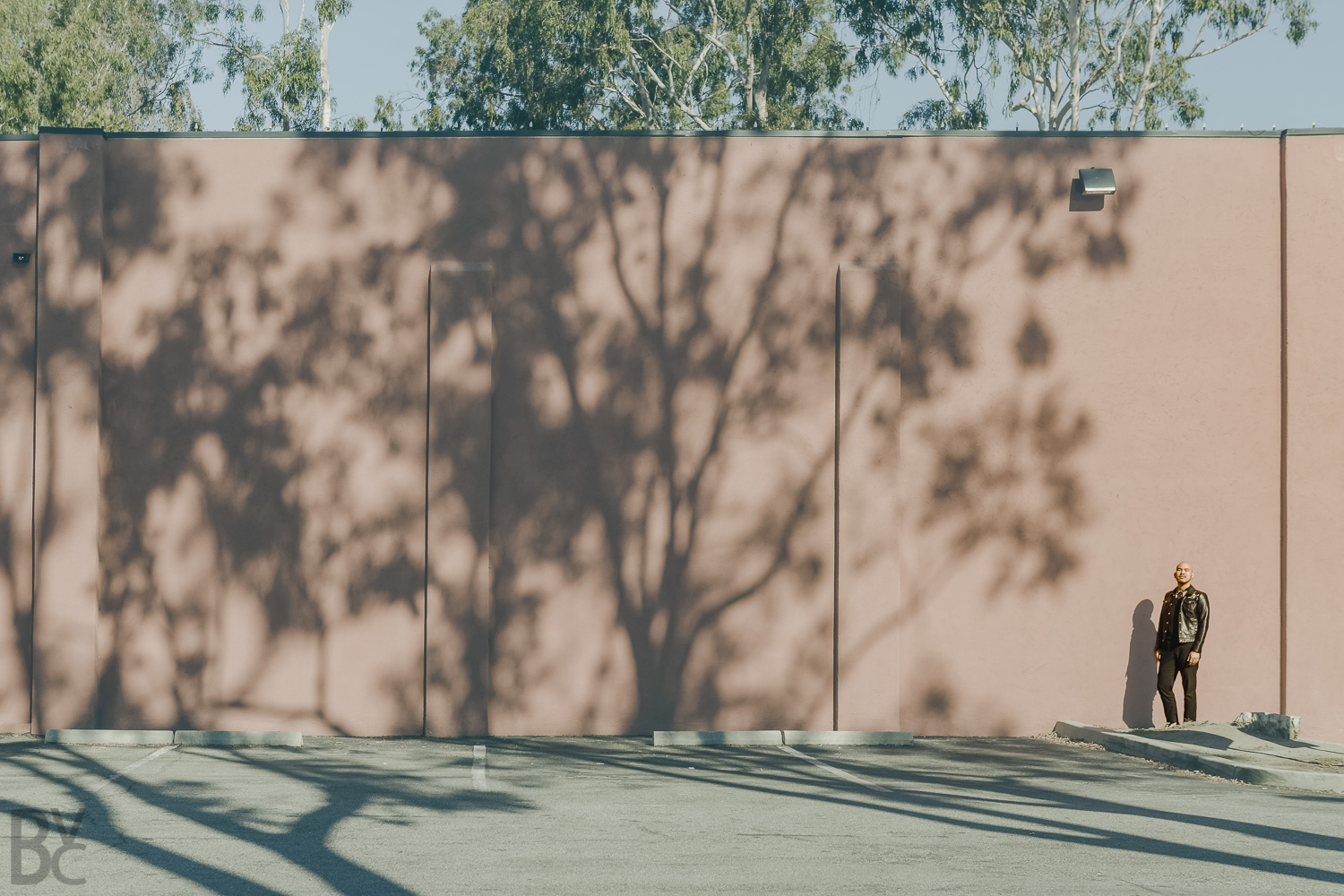
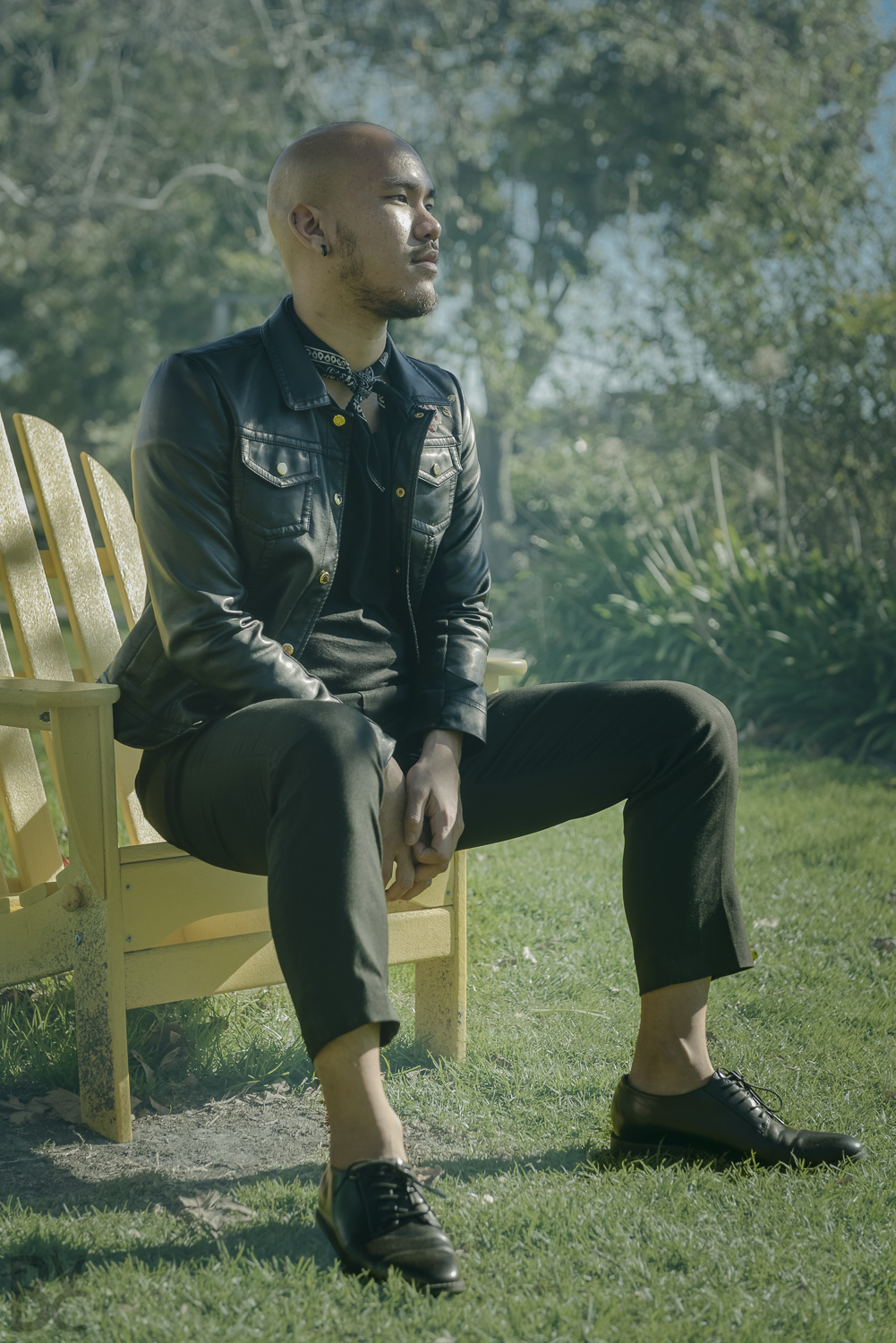
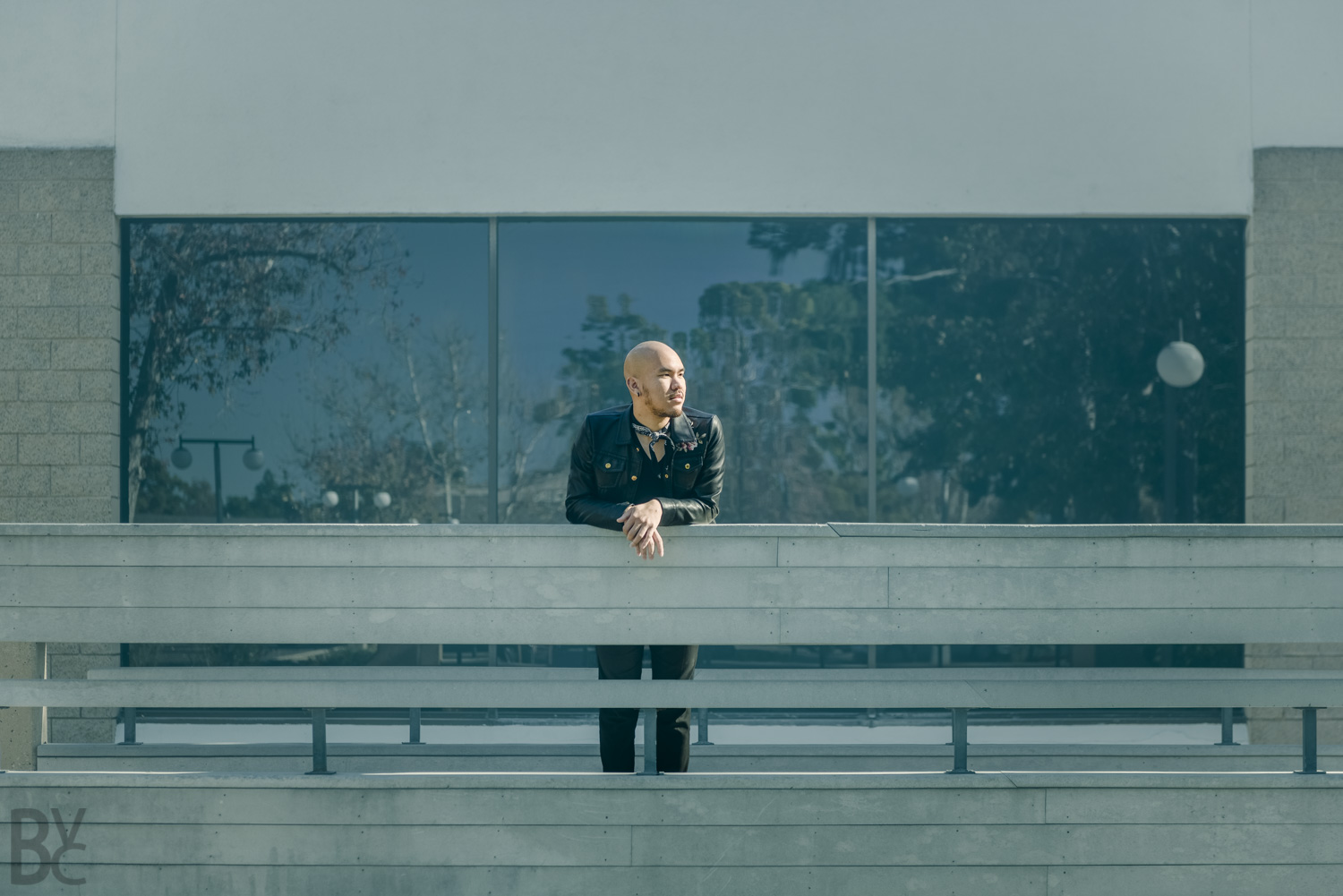
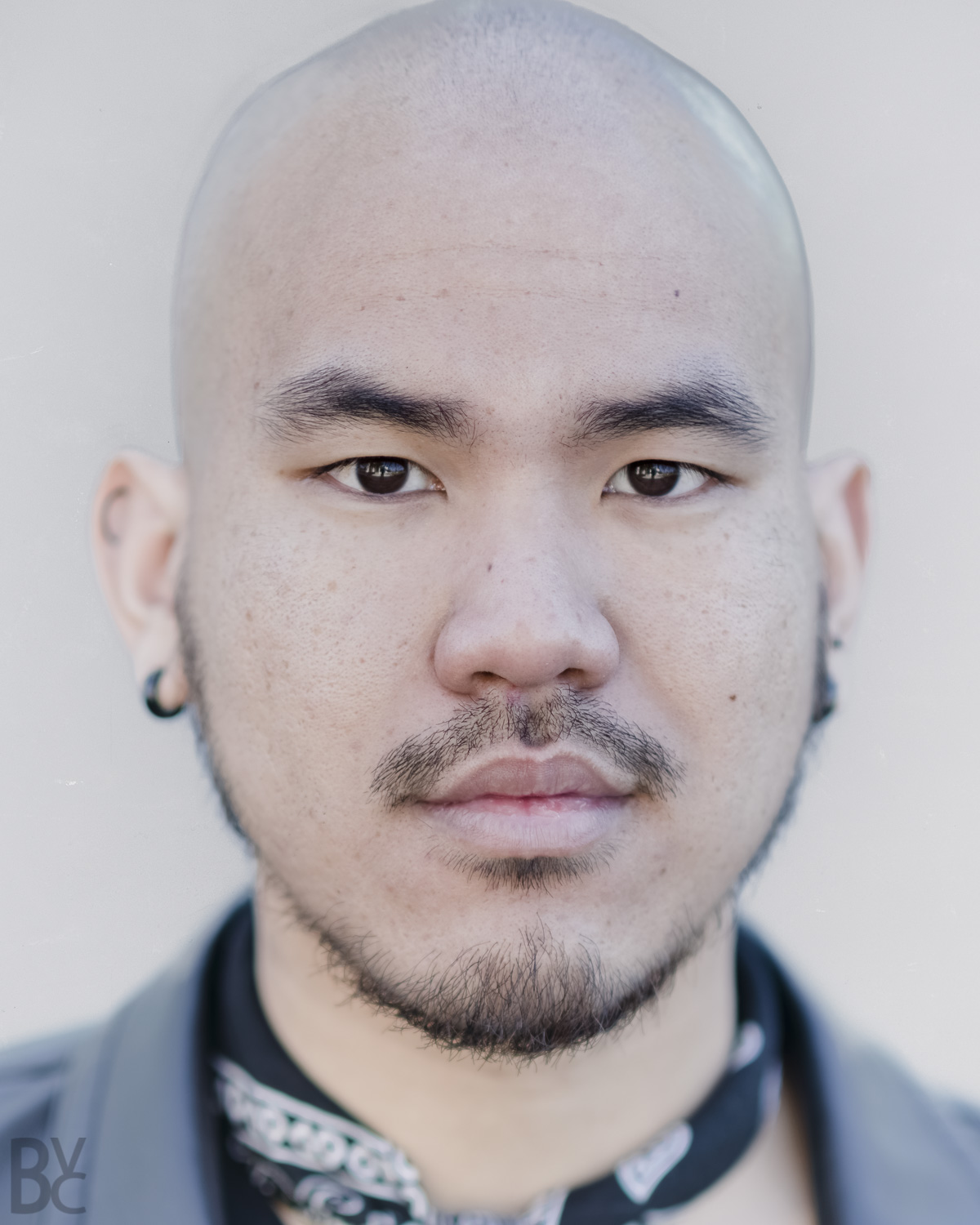
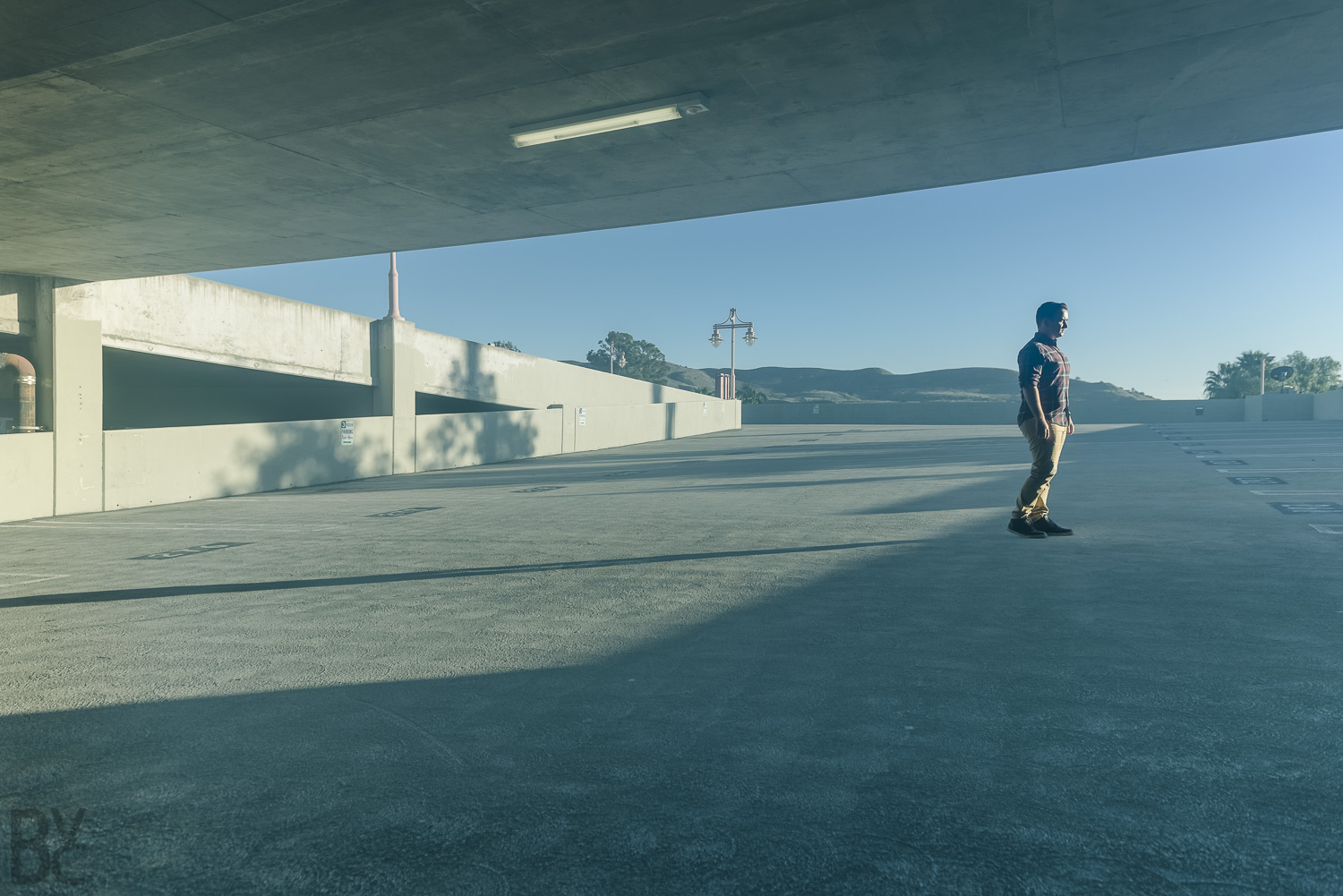
“I wasn’t out as a gay youth growing up in Orange County. I struggled with my identity in the context of my Evangelical upbringing at the same time I faced hostility by some peers in my public school because of my perceived orientation. There was little visibility of LGBTQ people in the community, especially adults whom I could look up to and aspire to be like. My future seemed bleak because I didn’t know what a happy, fulfilled life could look like for someone like me.
As an adult, it’s been healing to live as proud gay man in the very context I grew up but with various supportive communities that value diversity. From my work with the LGBT Center OC, to singing with Men Alive – The OC Gay Men’s Chorus to progressive political advocacy, I’ve gotten to know so many incredible people fighting for inclusion and representing the beautiful diversity that exists here in Orange County. We may not have as centralized of an LGBTQ community as some urban areas, but we are making progress and we are strong together.
Being authentic is critical to living your best possible life. It also is essential to forming strong, connected communities and paving the way for LGBTQ youth who hopefully will have it even a little better than we do now. We have the power to constantly progress and constantly make our world better. That starts with being honest and authentic.
We must be visible, and we must be counted. The more we are seen and our stories are heard, the more comfortable future generations will be in sharing their truths. Furthermore, our stories impact policies and decision-making that affect us now and for years to come. The needs of our LGBTQ community must be considered and the number of lives impacted by disparities in health and well-being must be understood.”
Justin Massey
Aliso Viejo, CA
